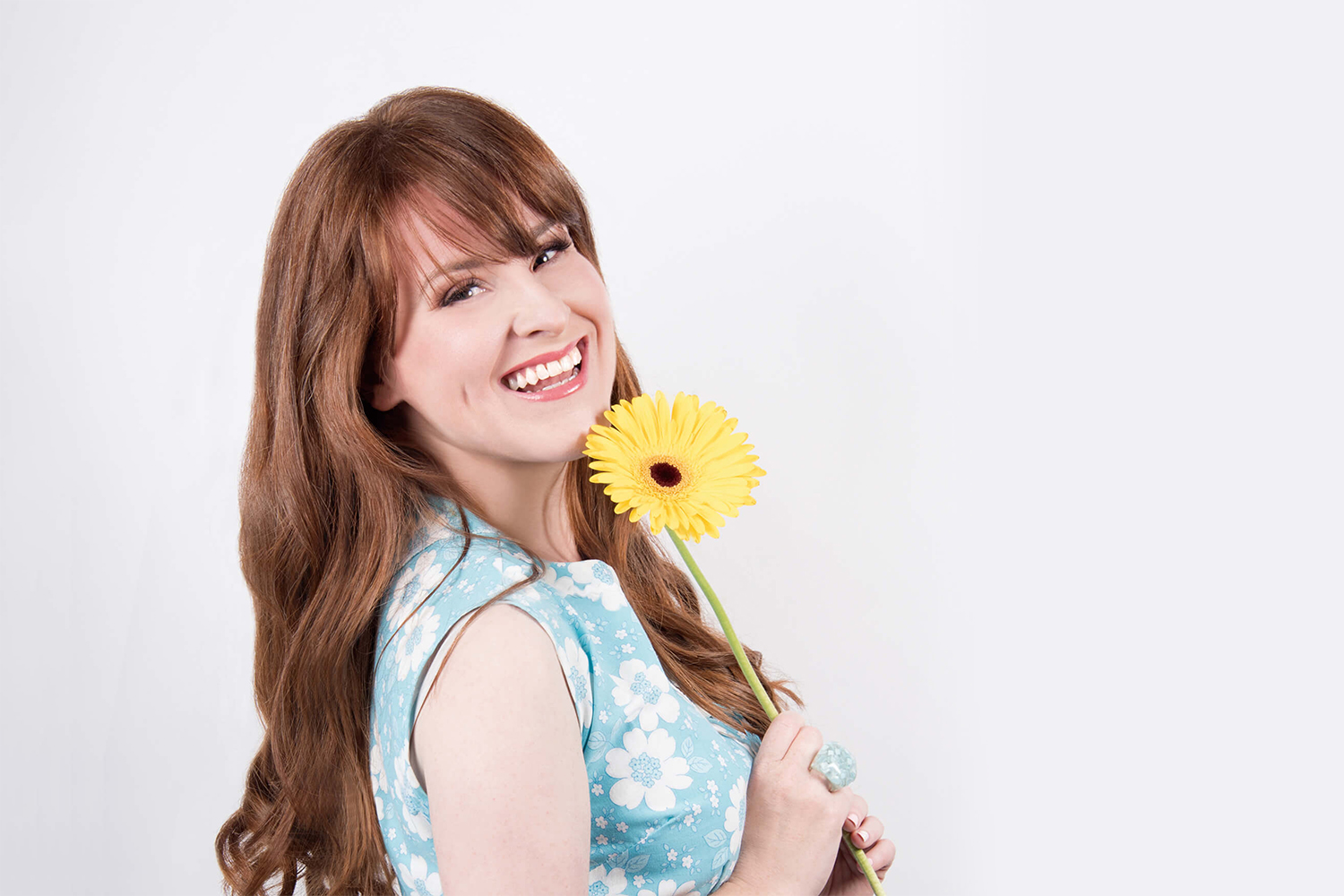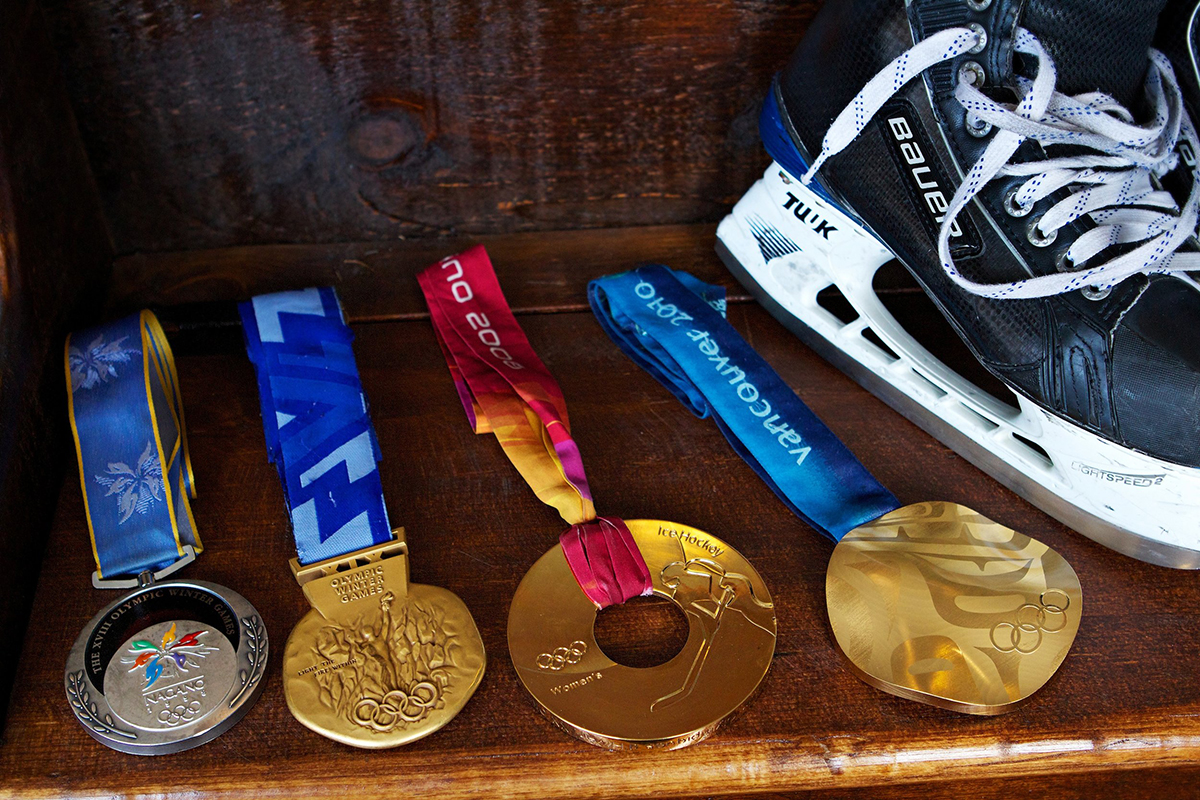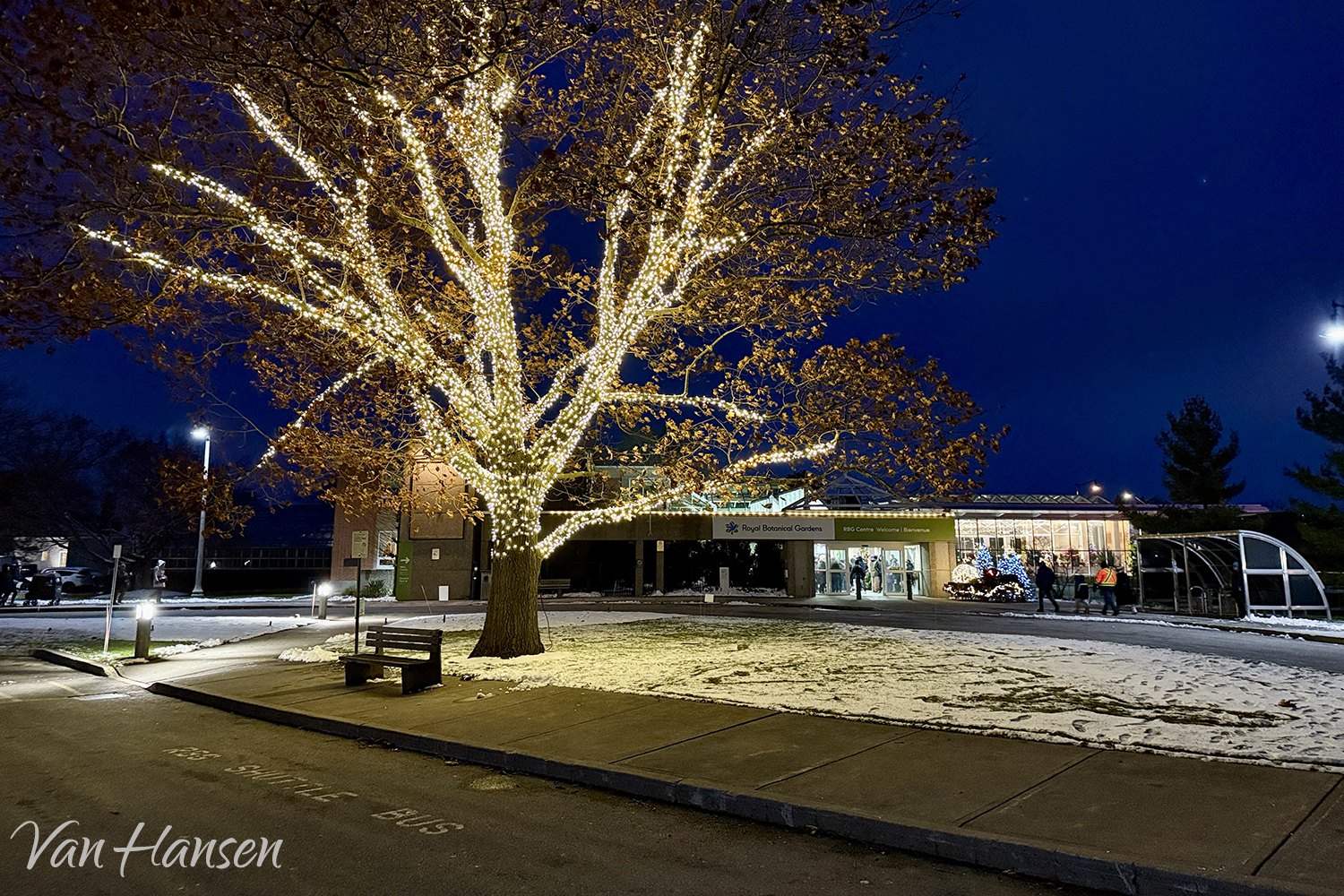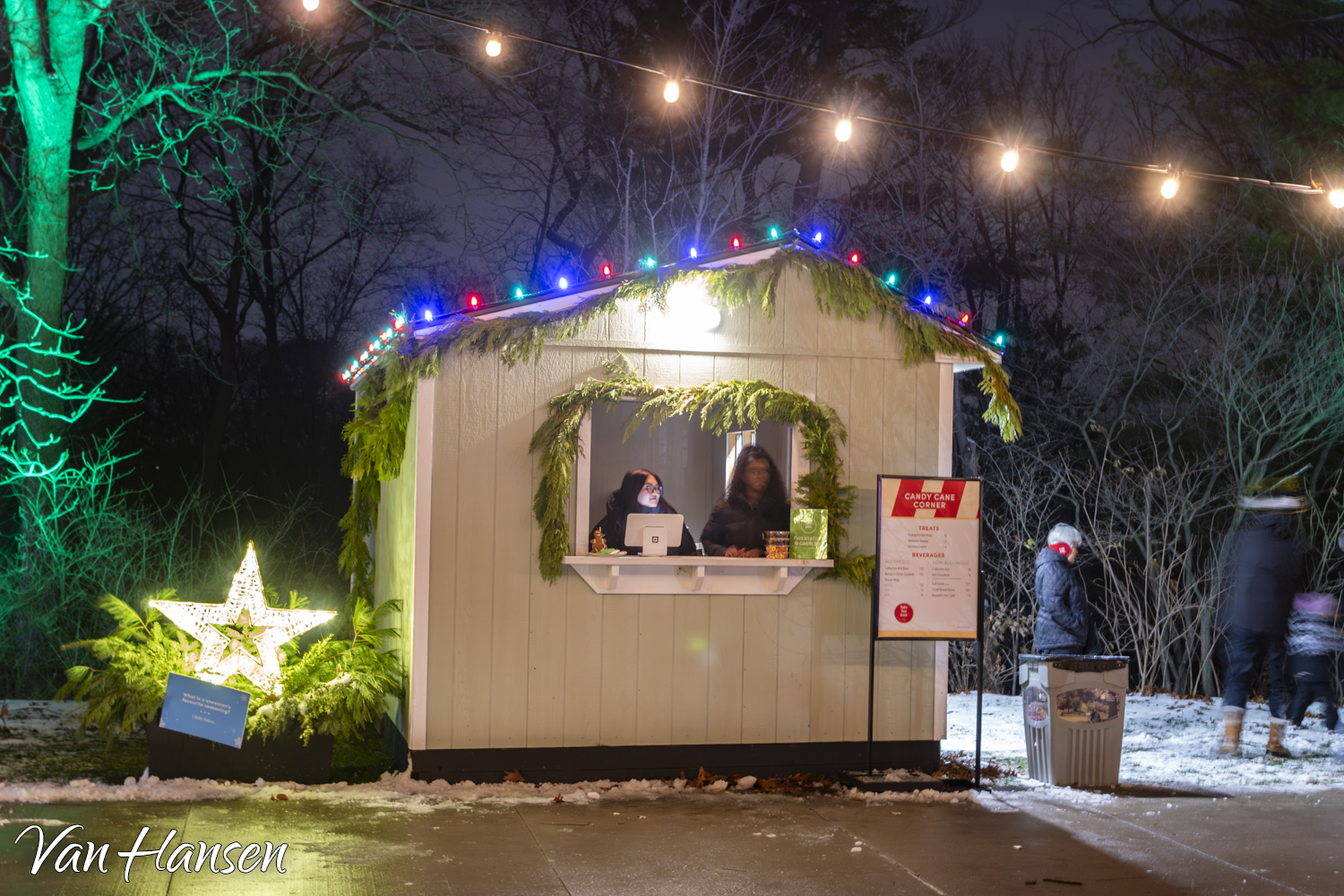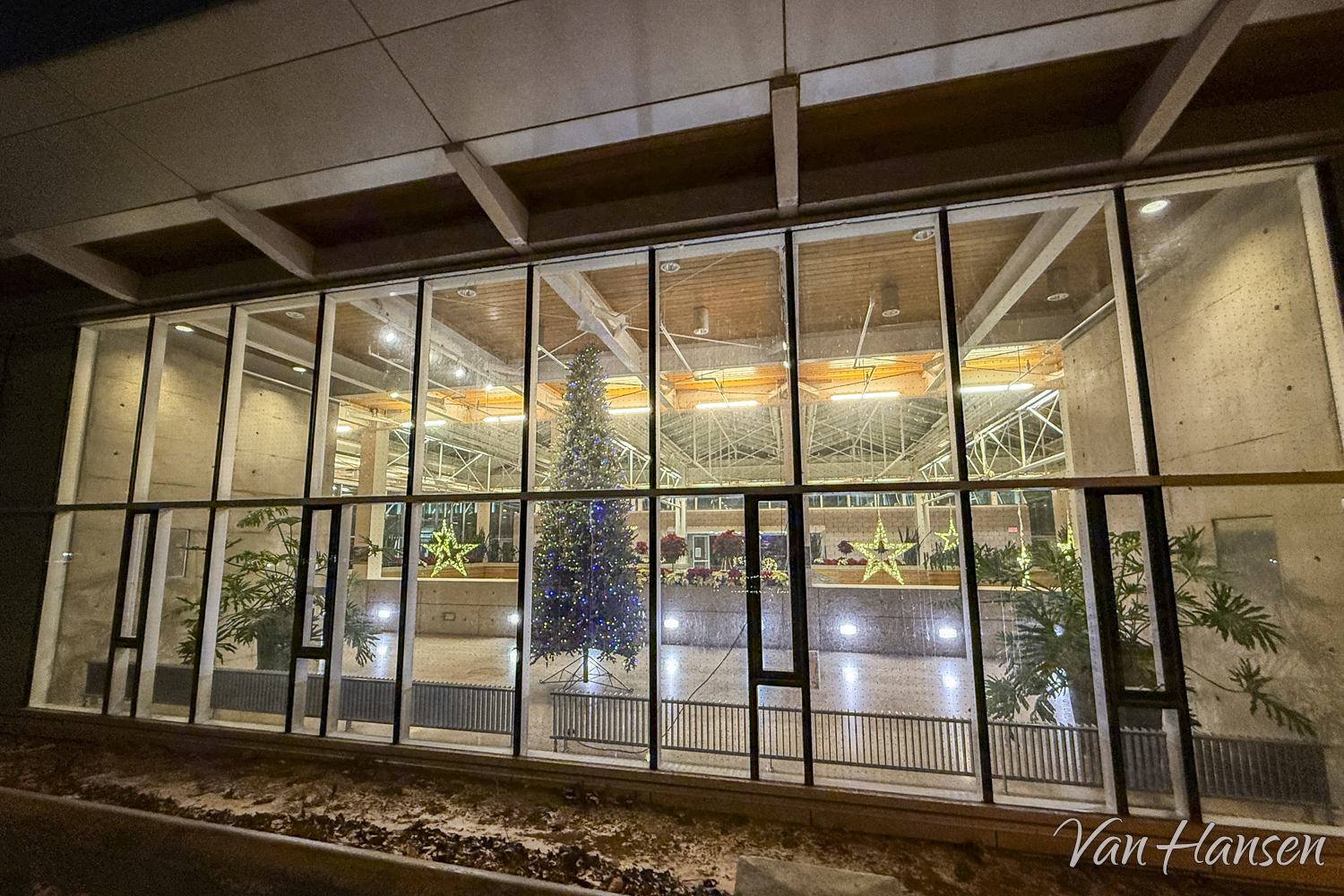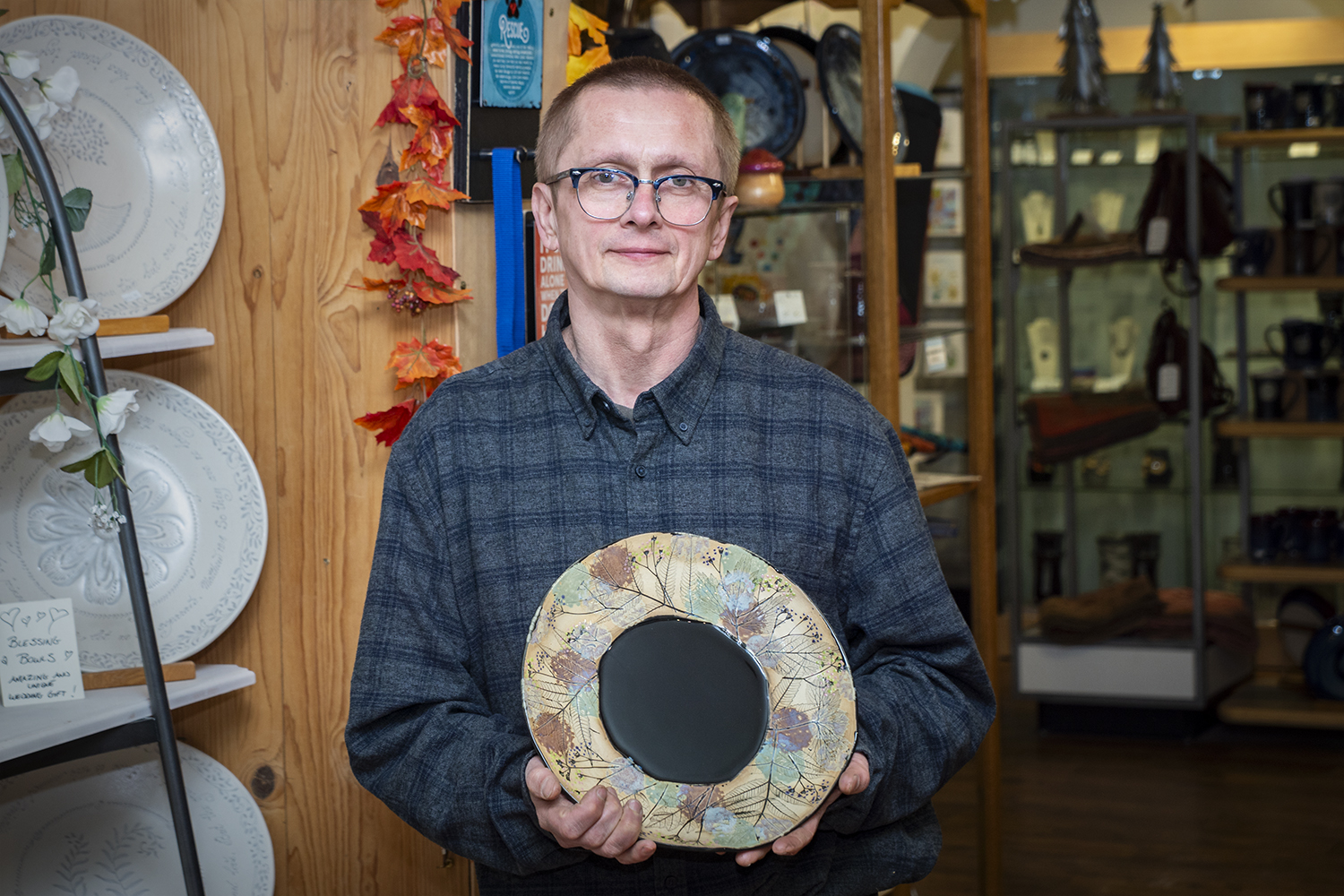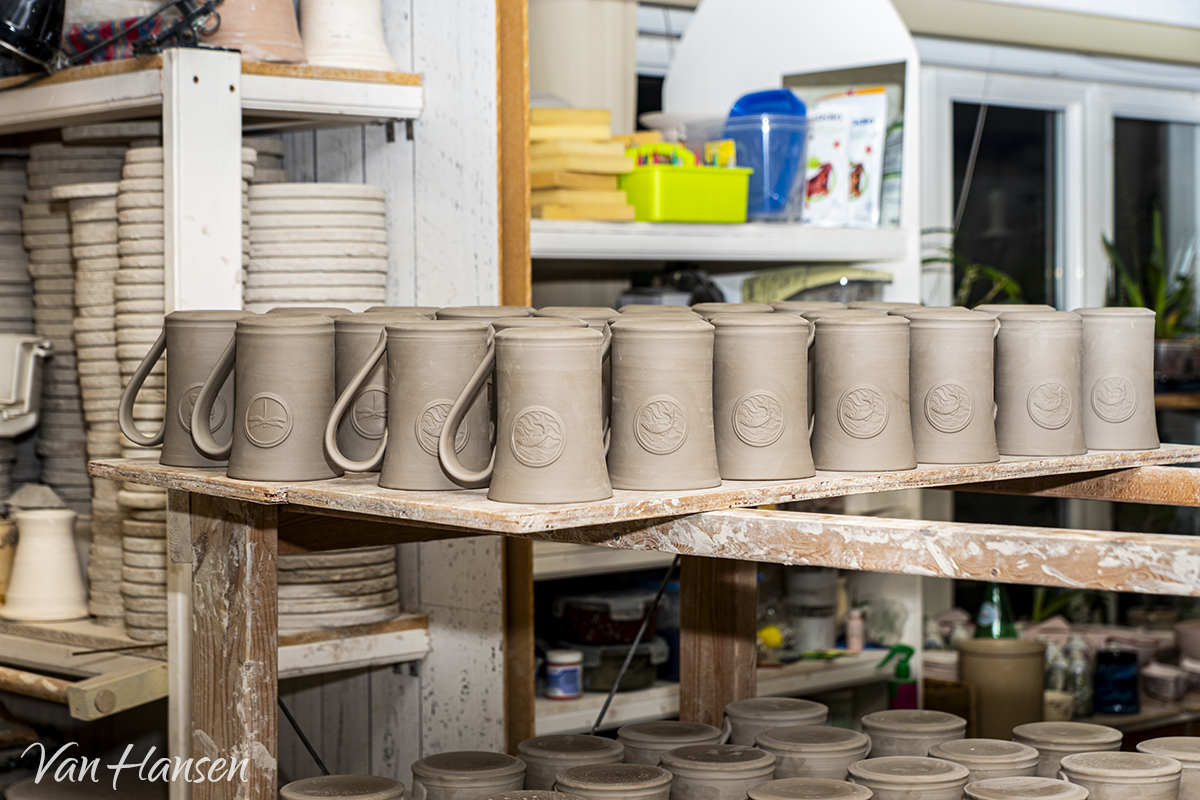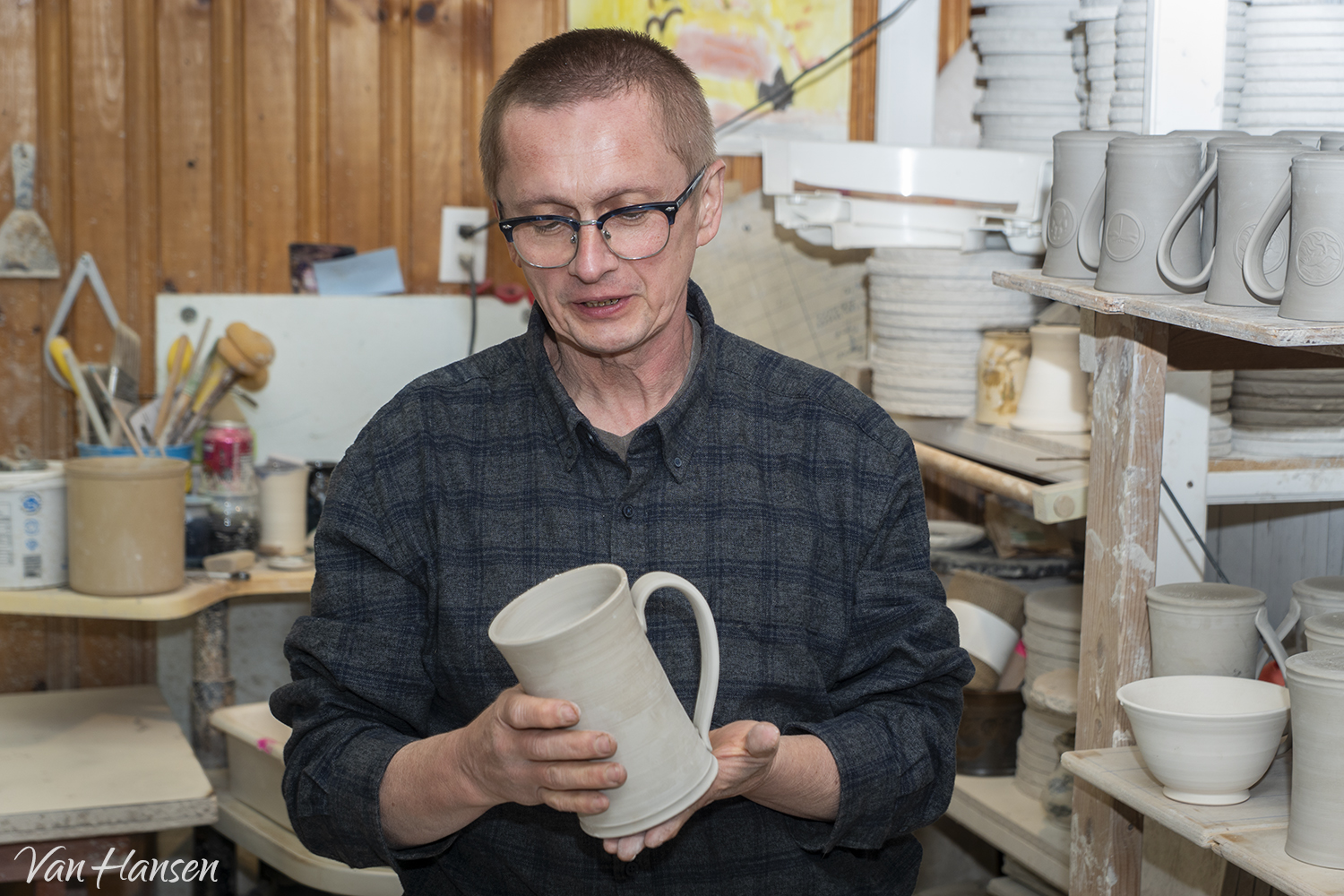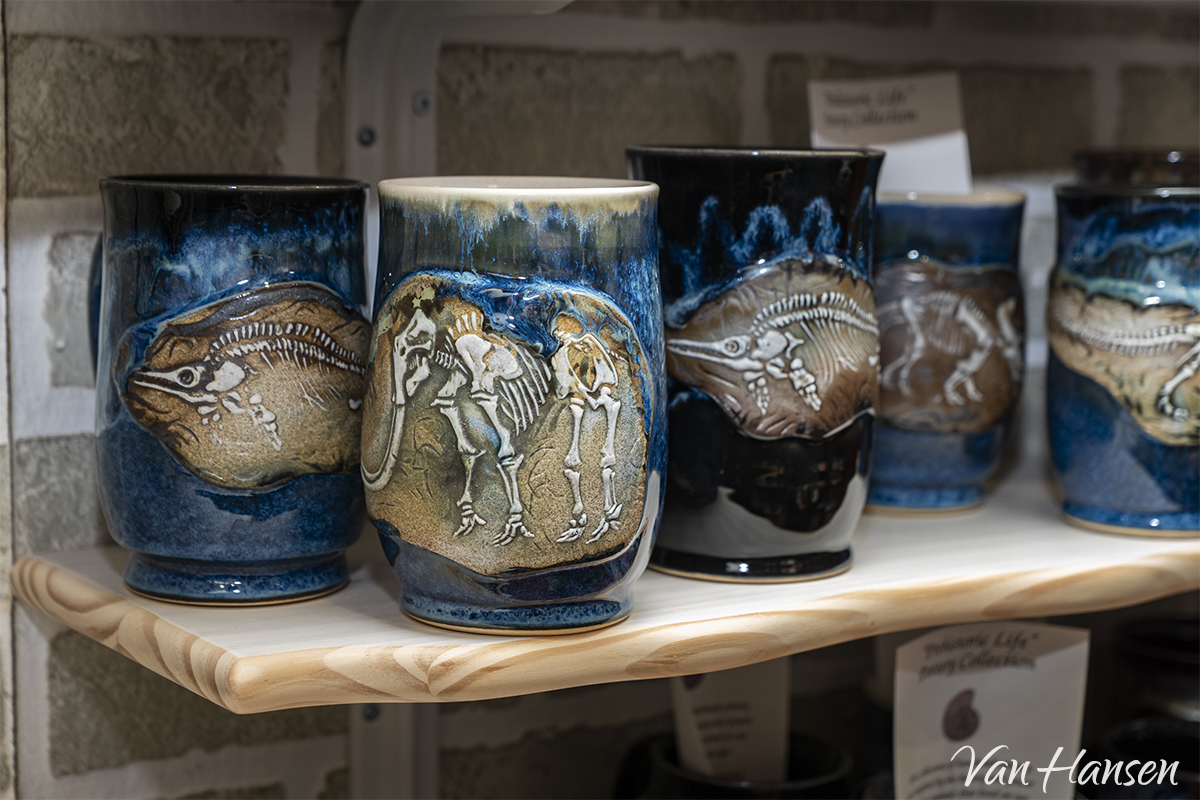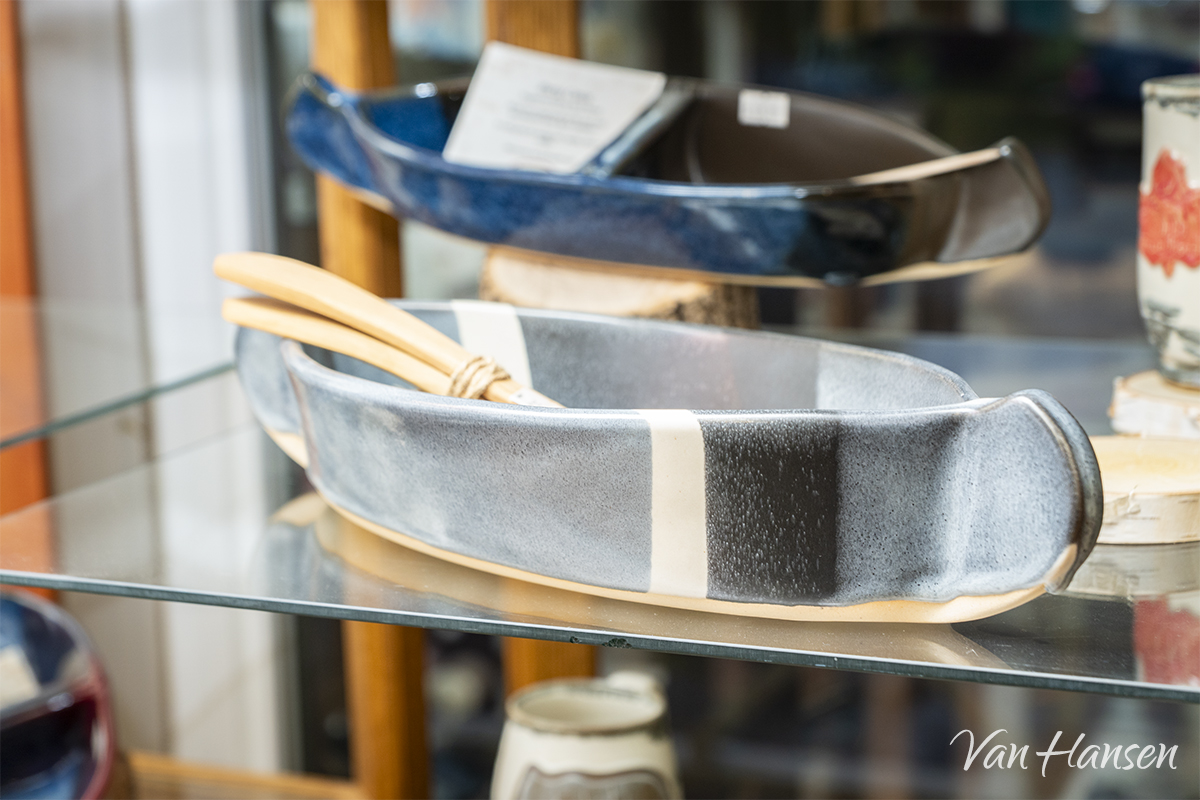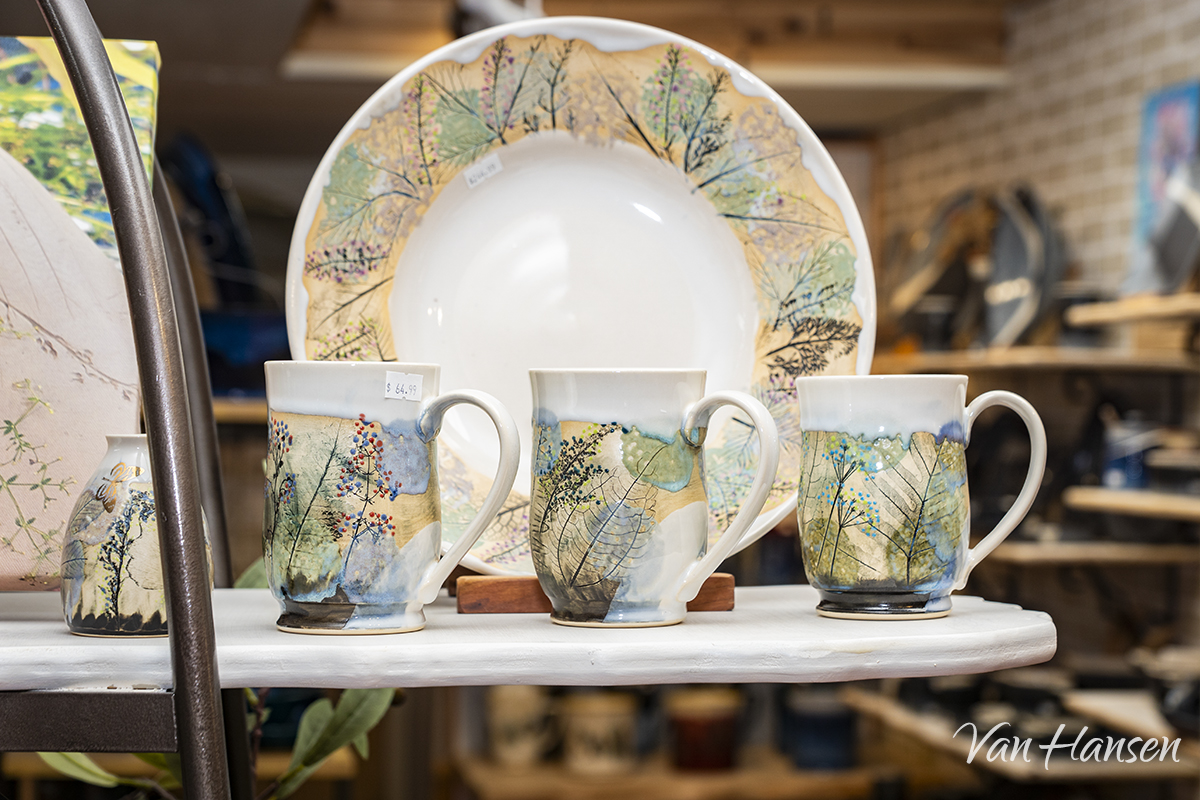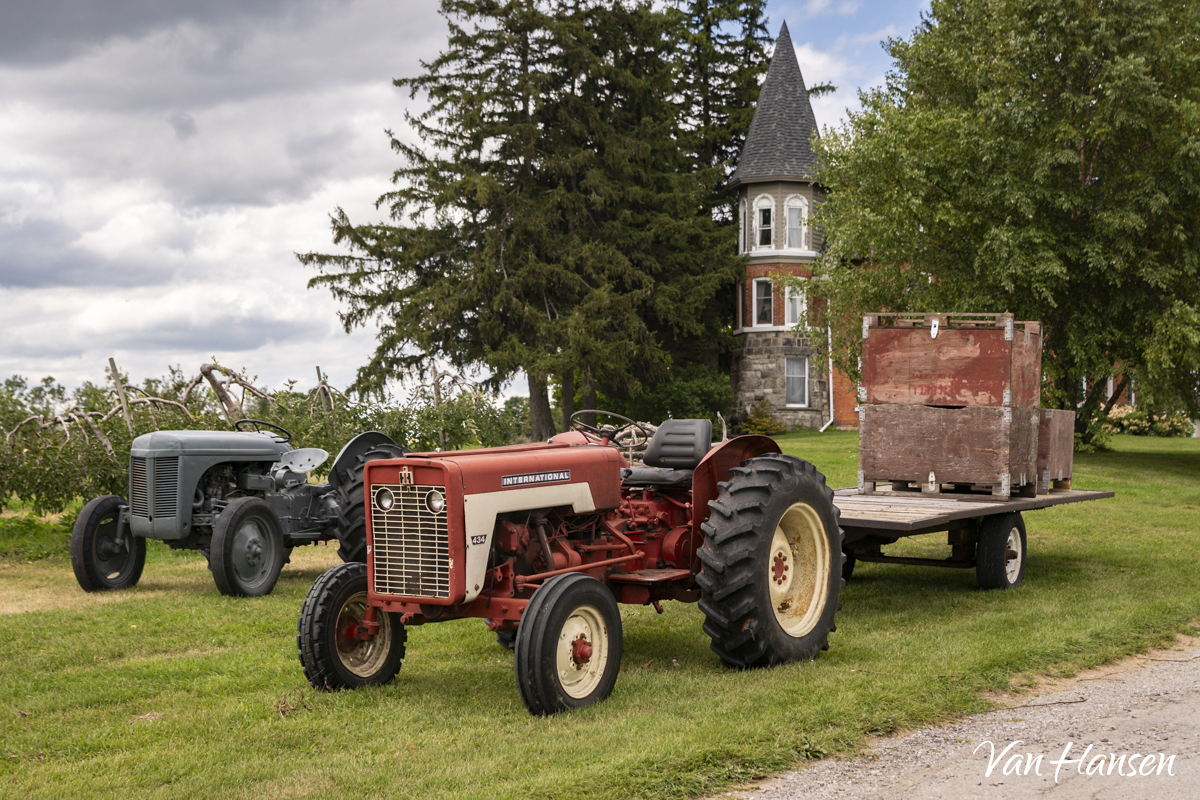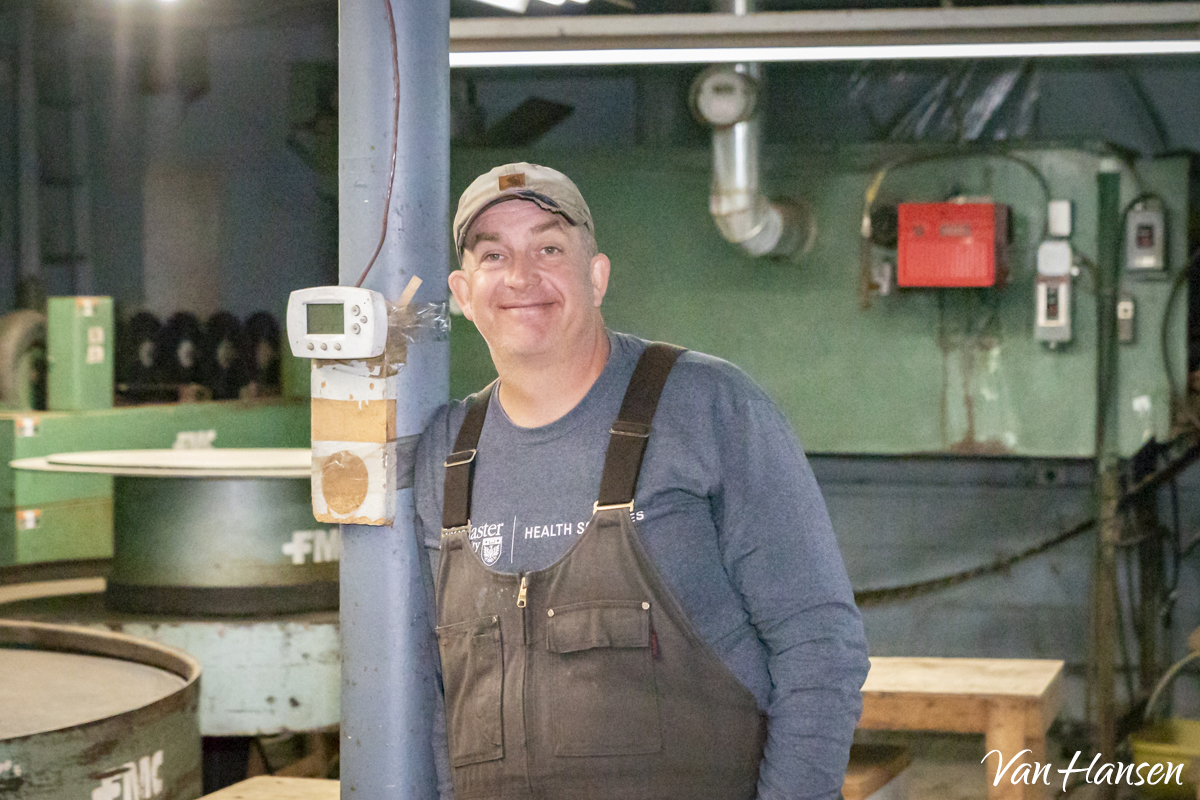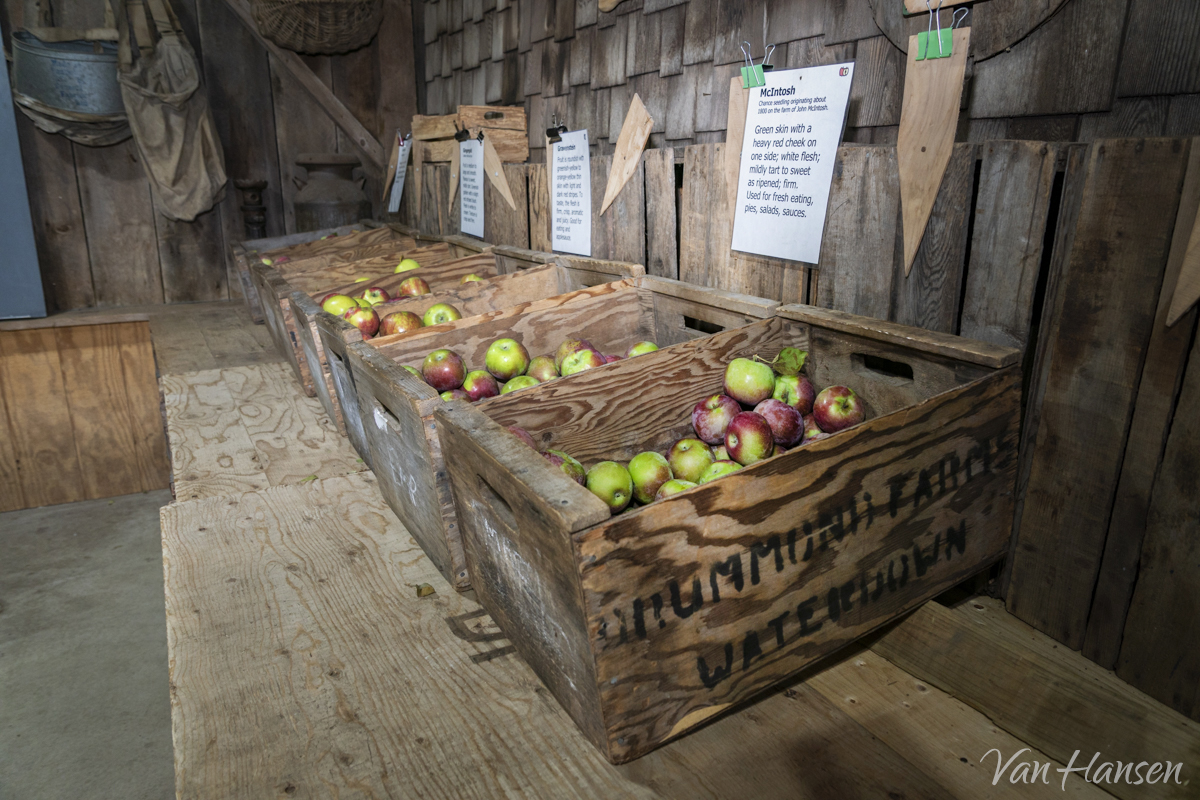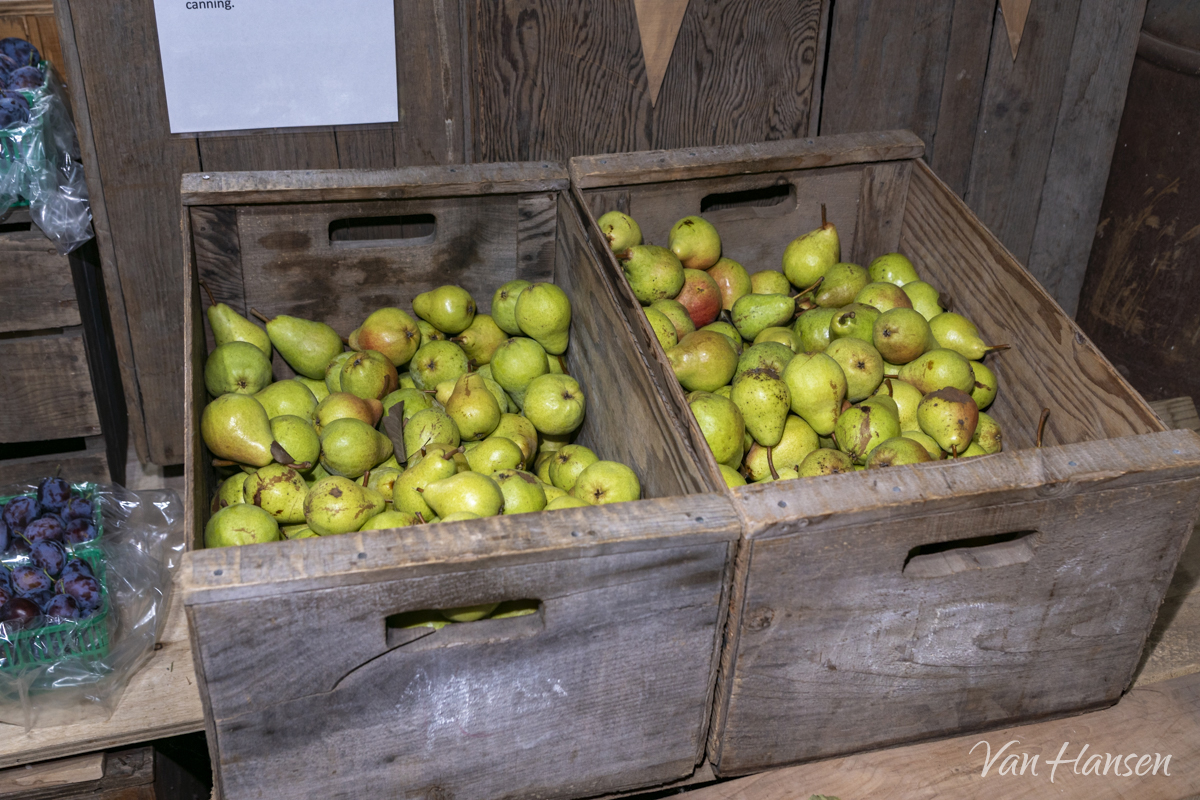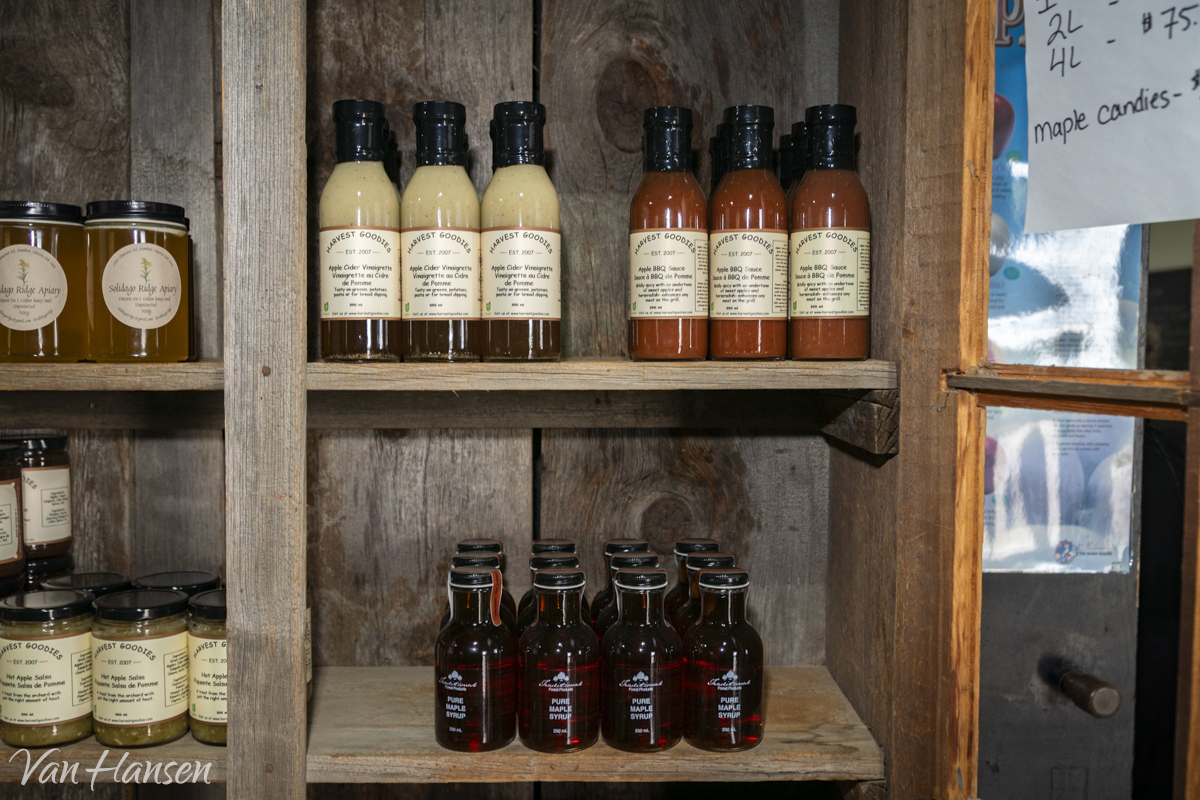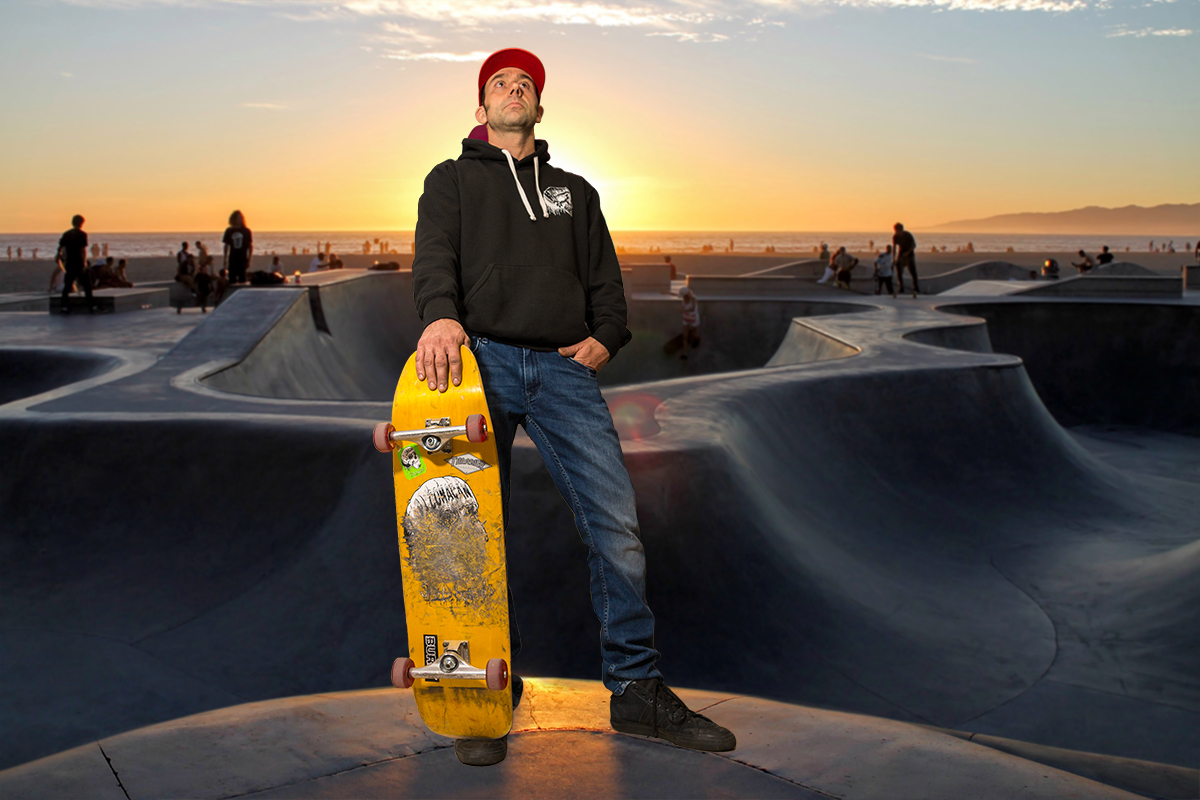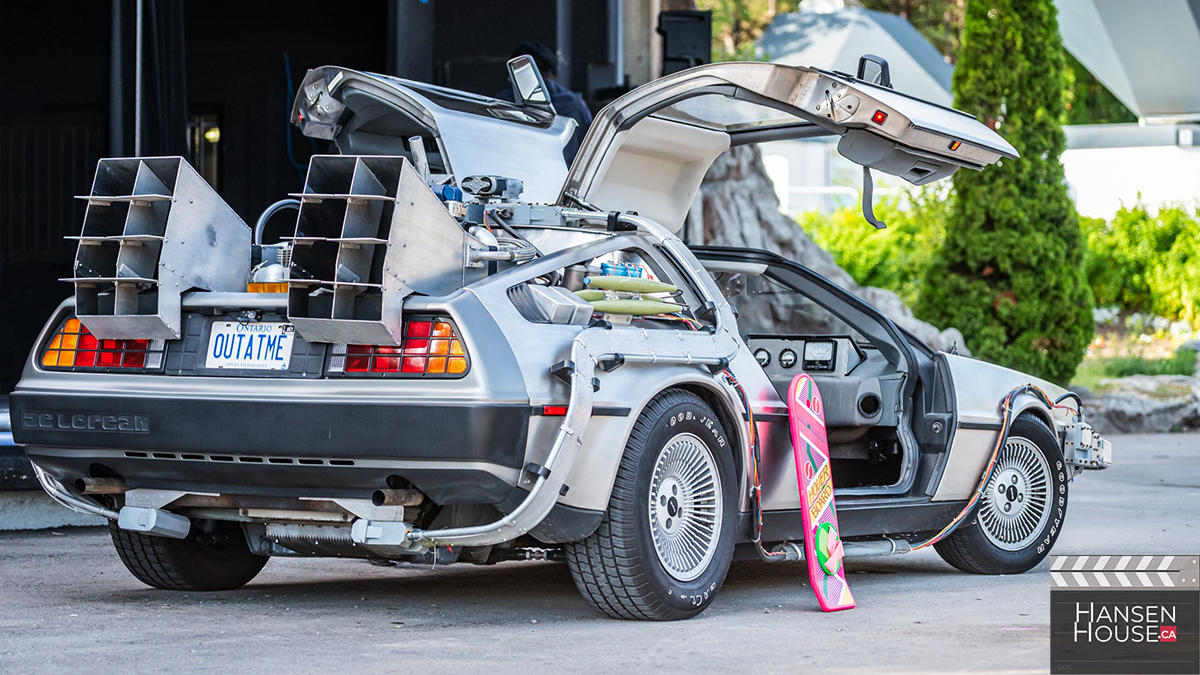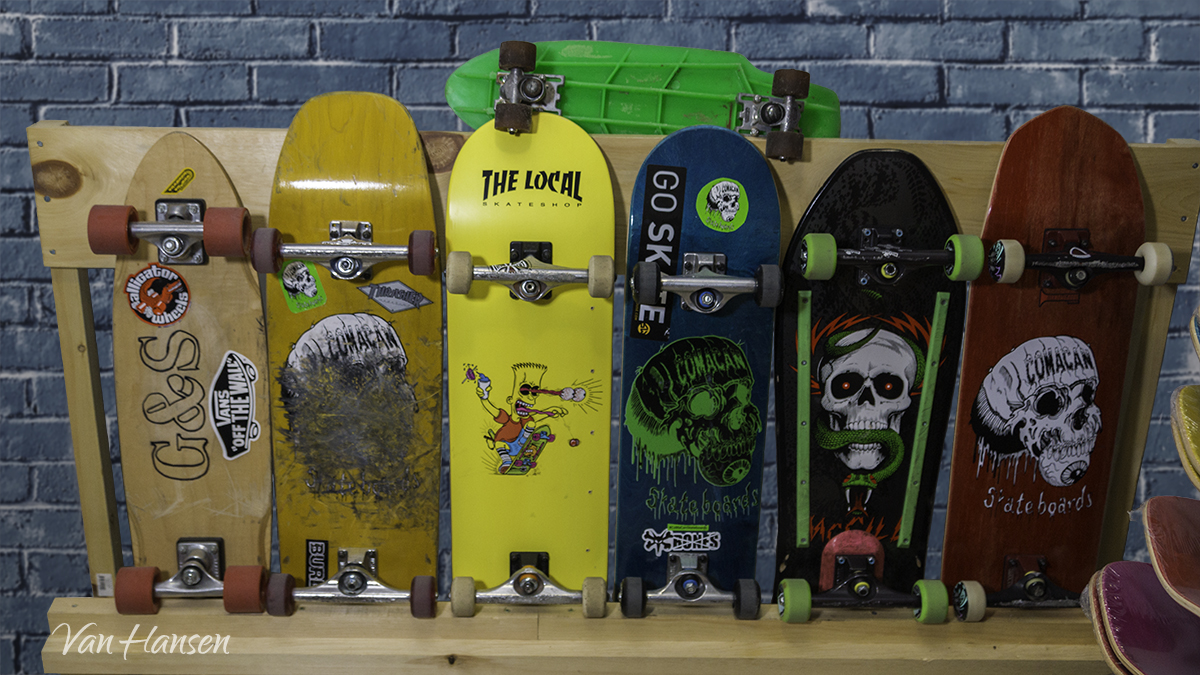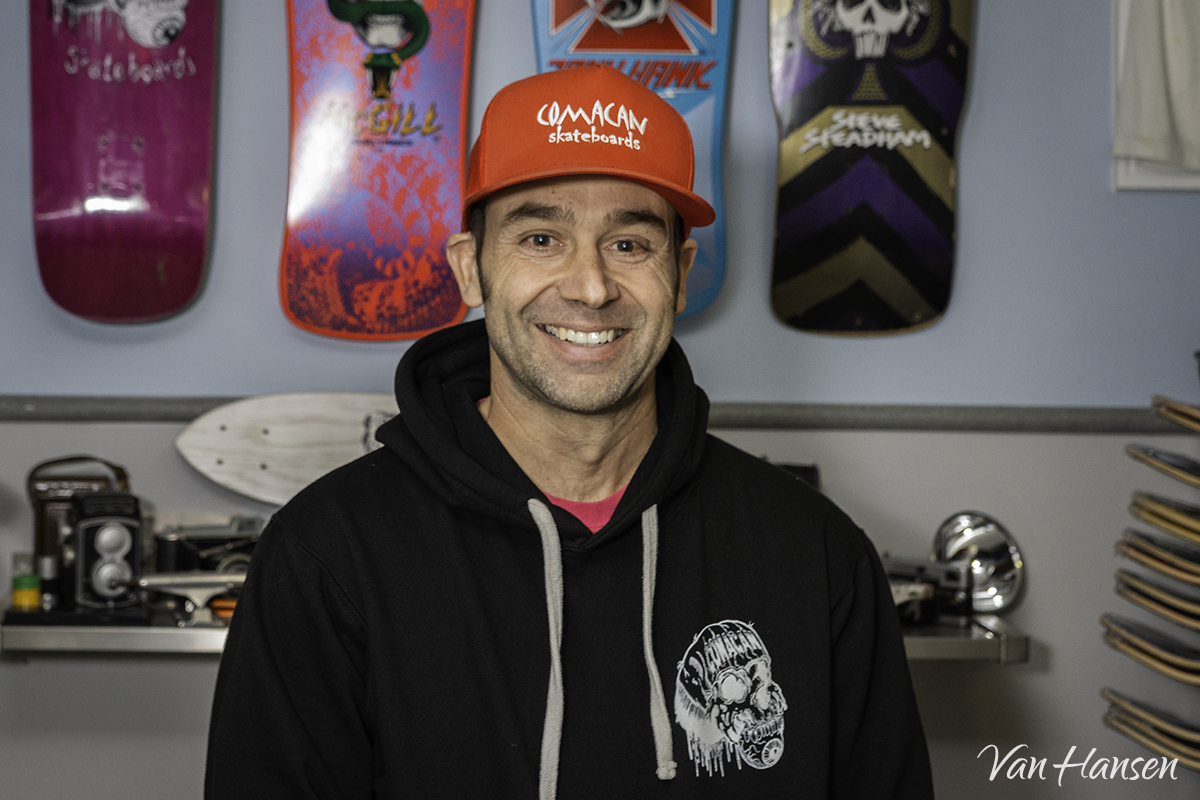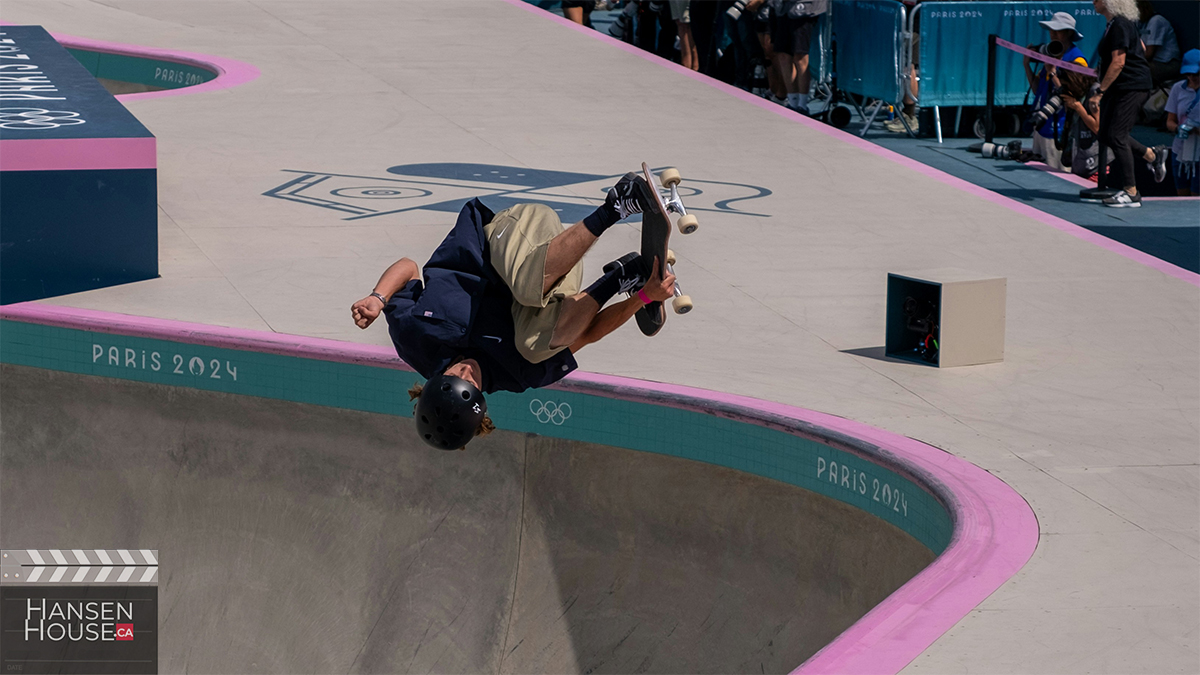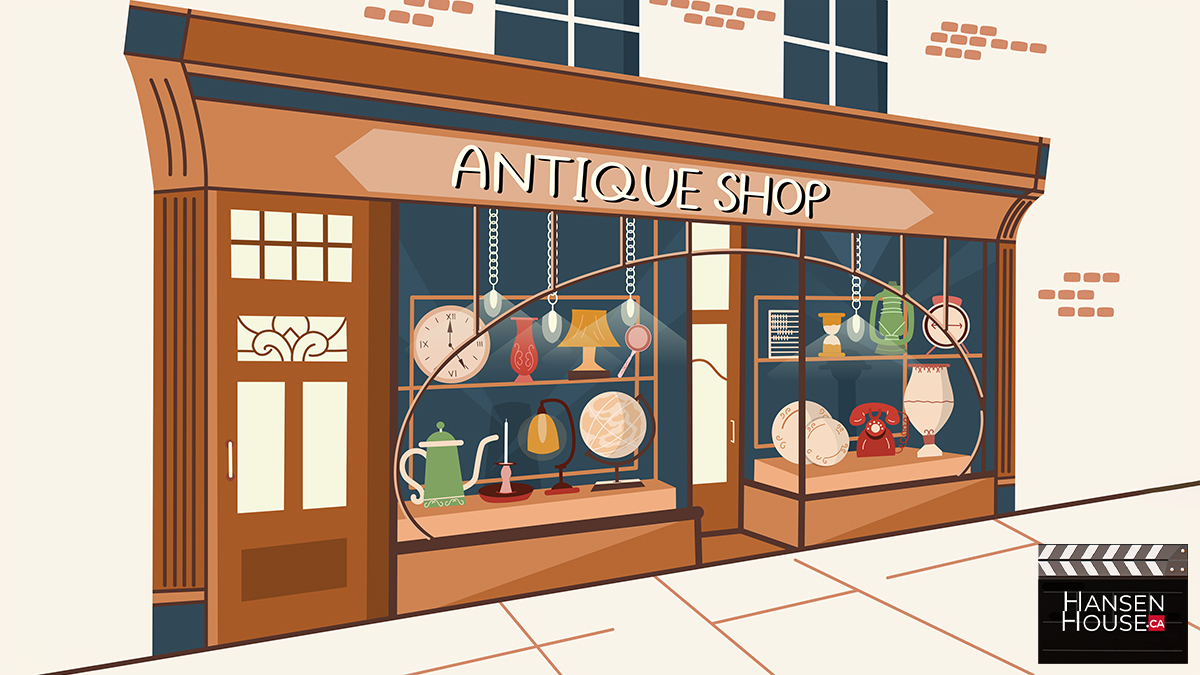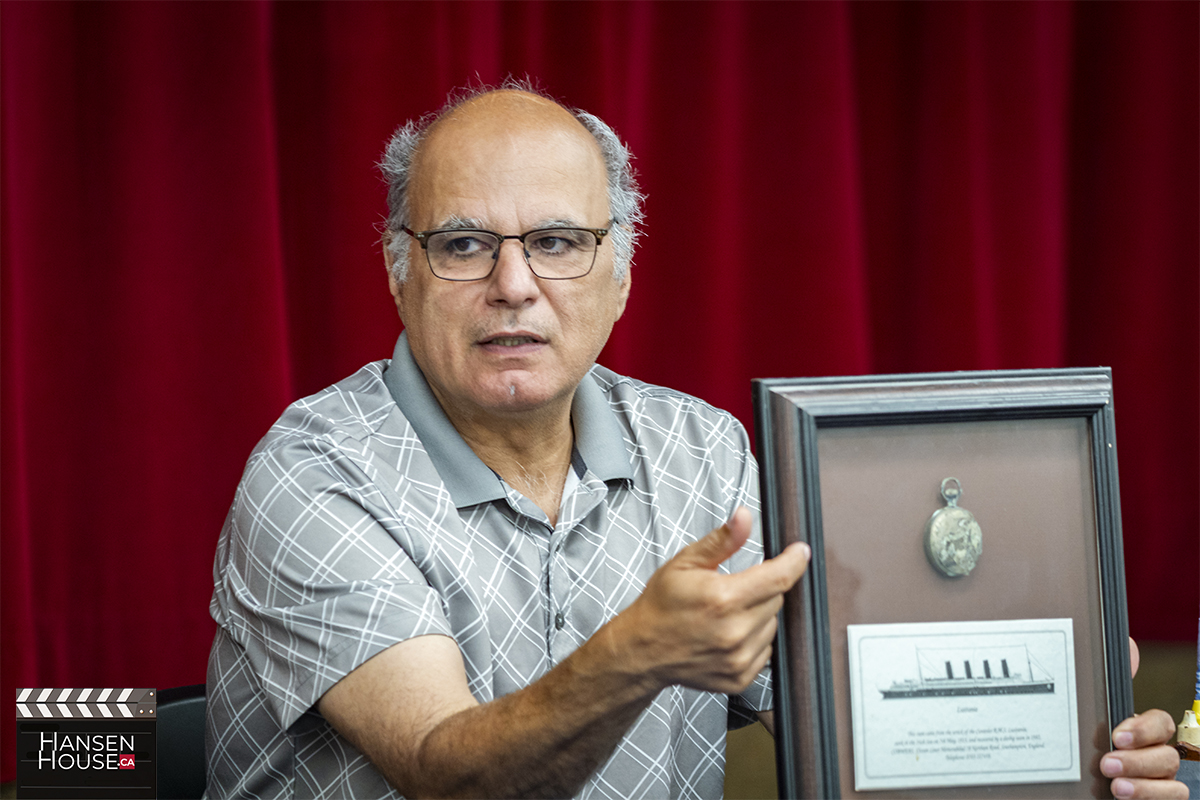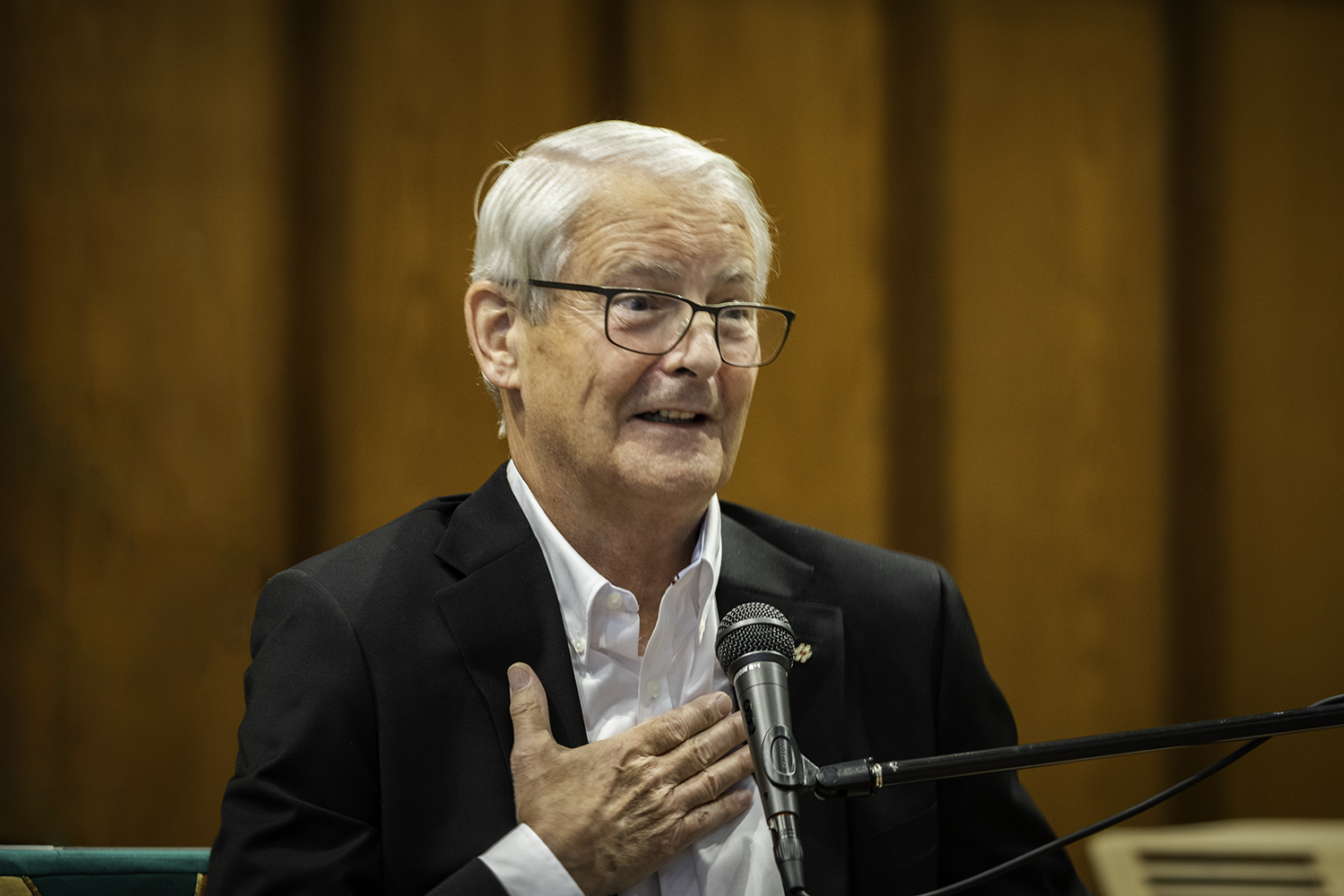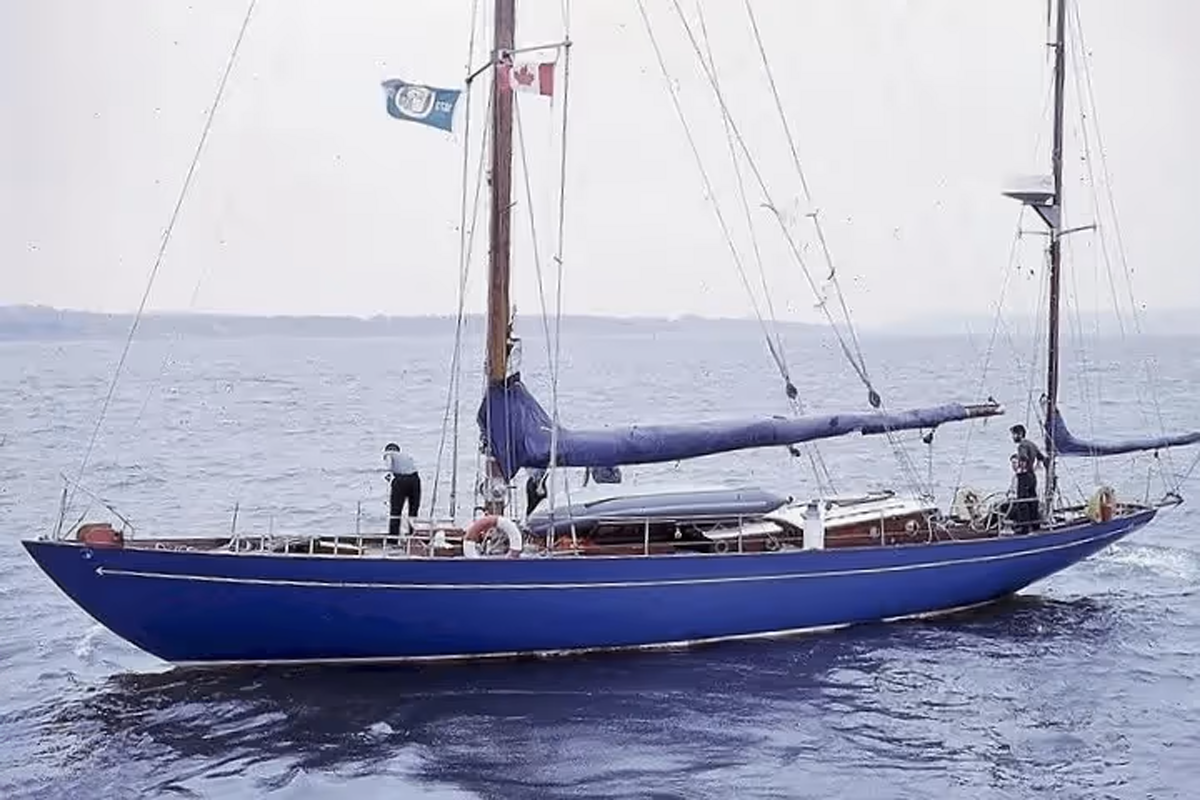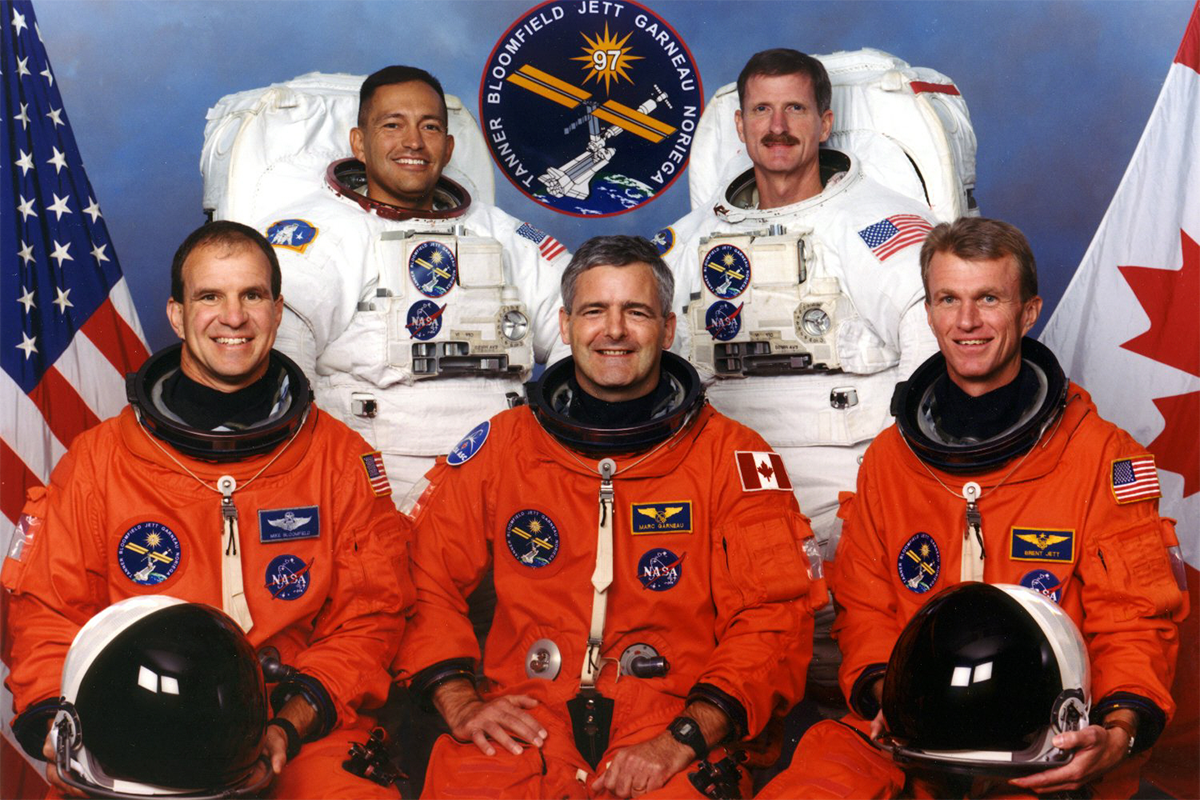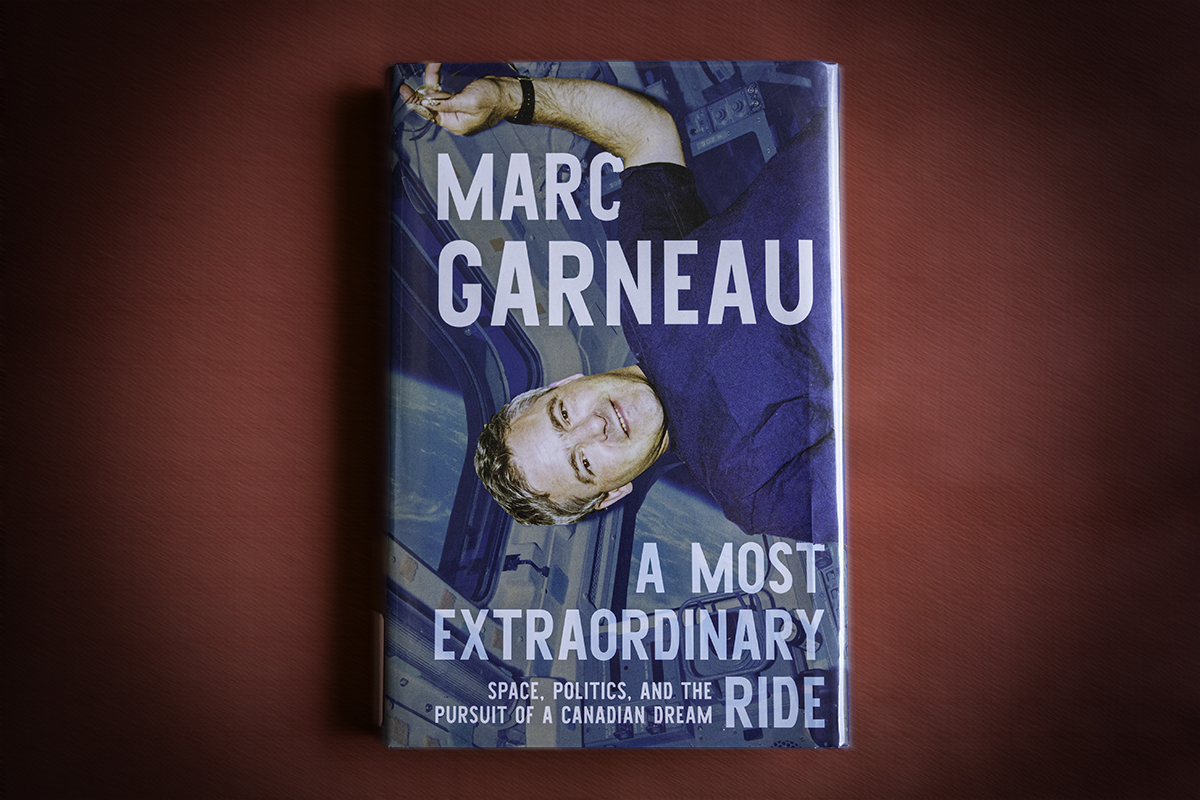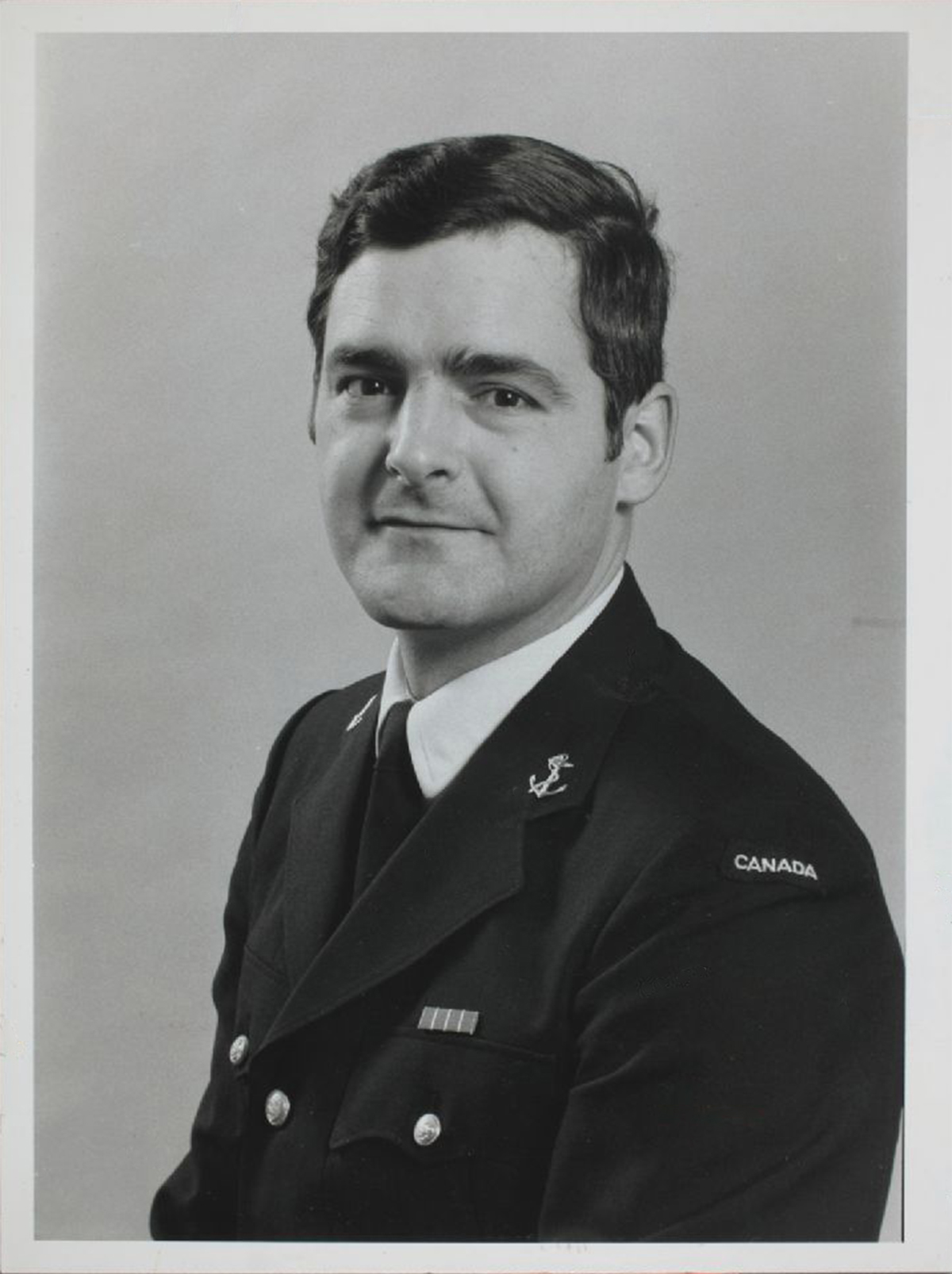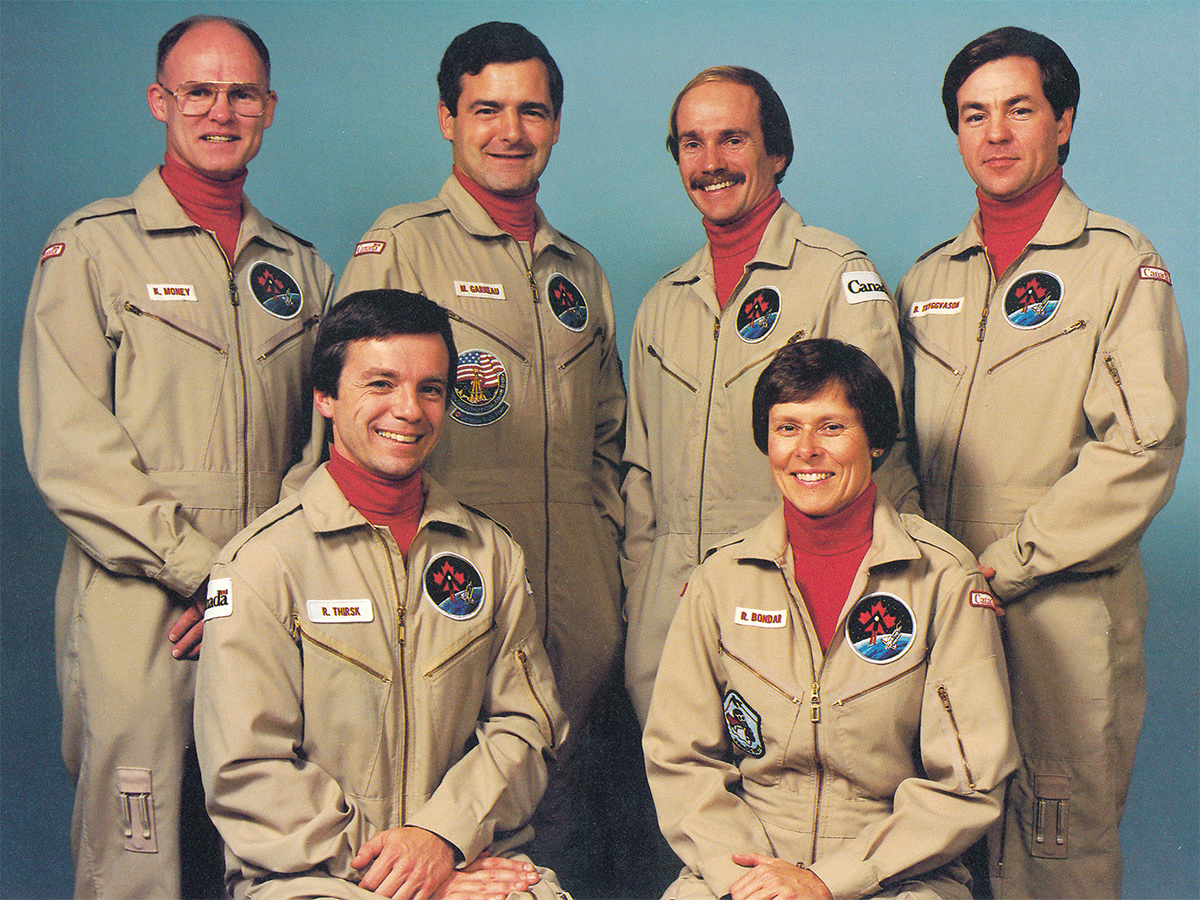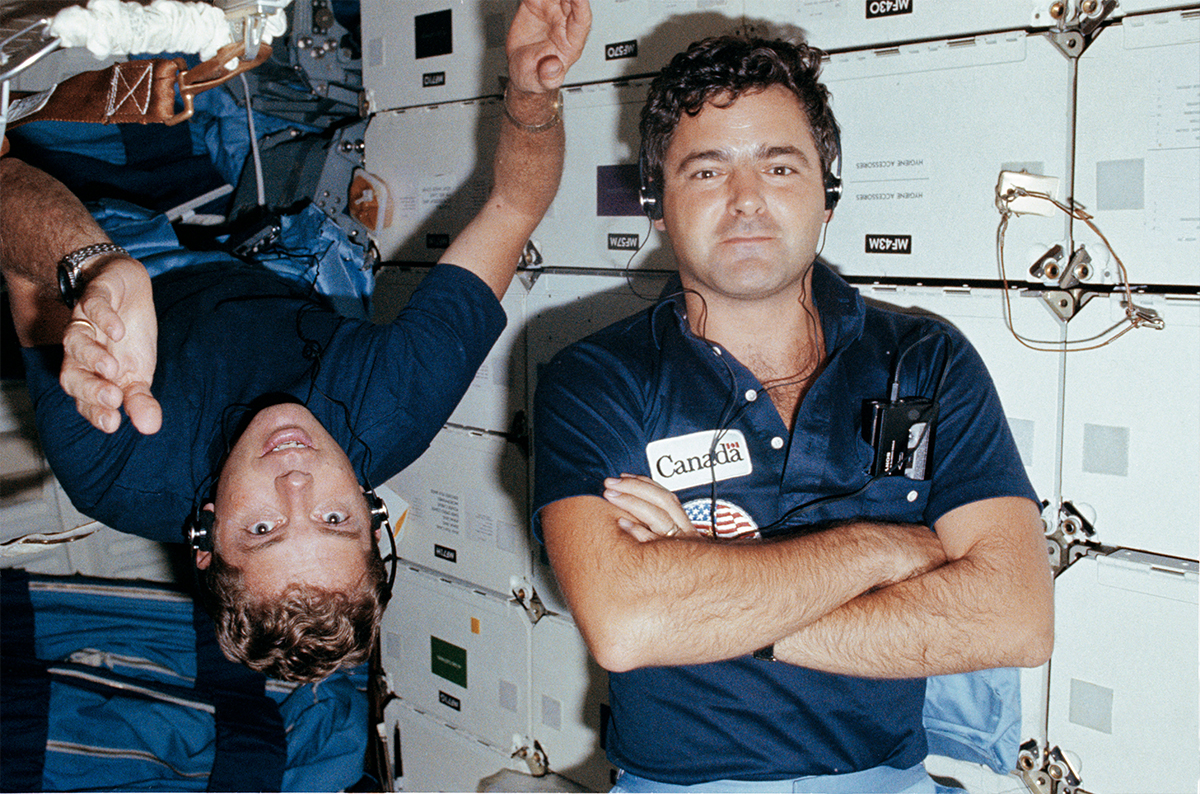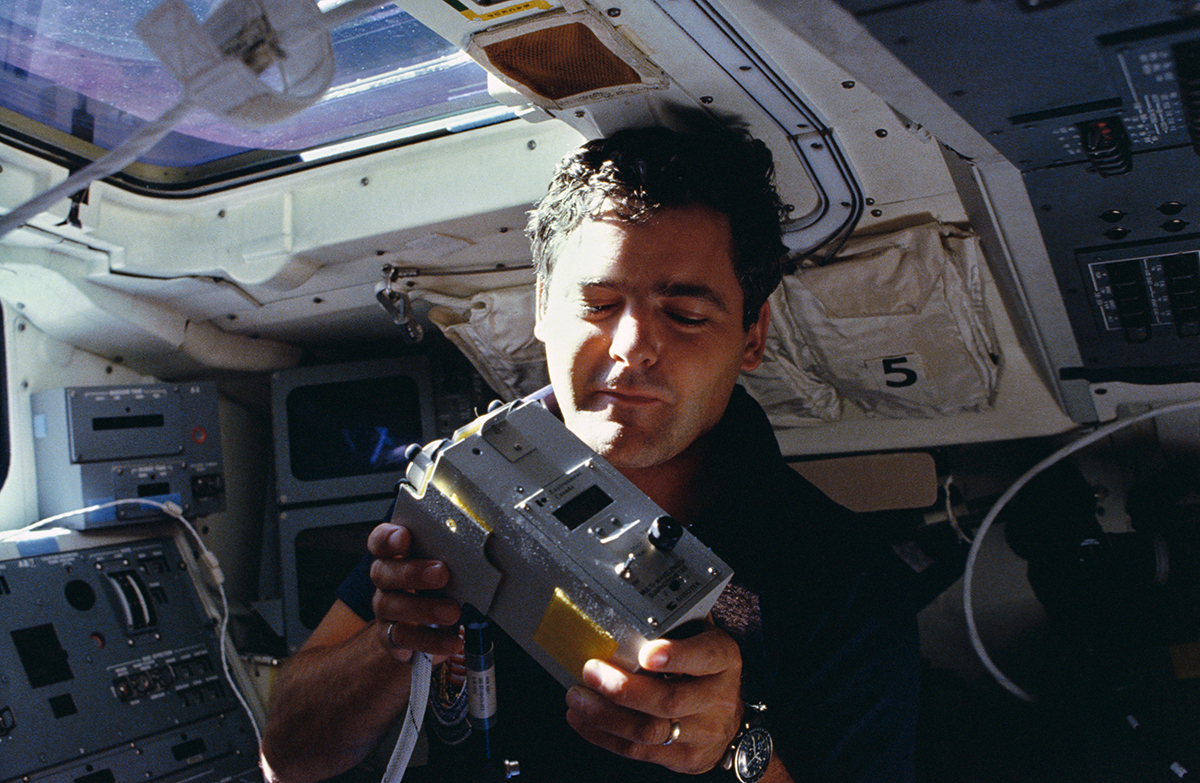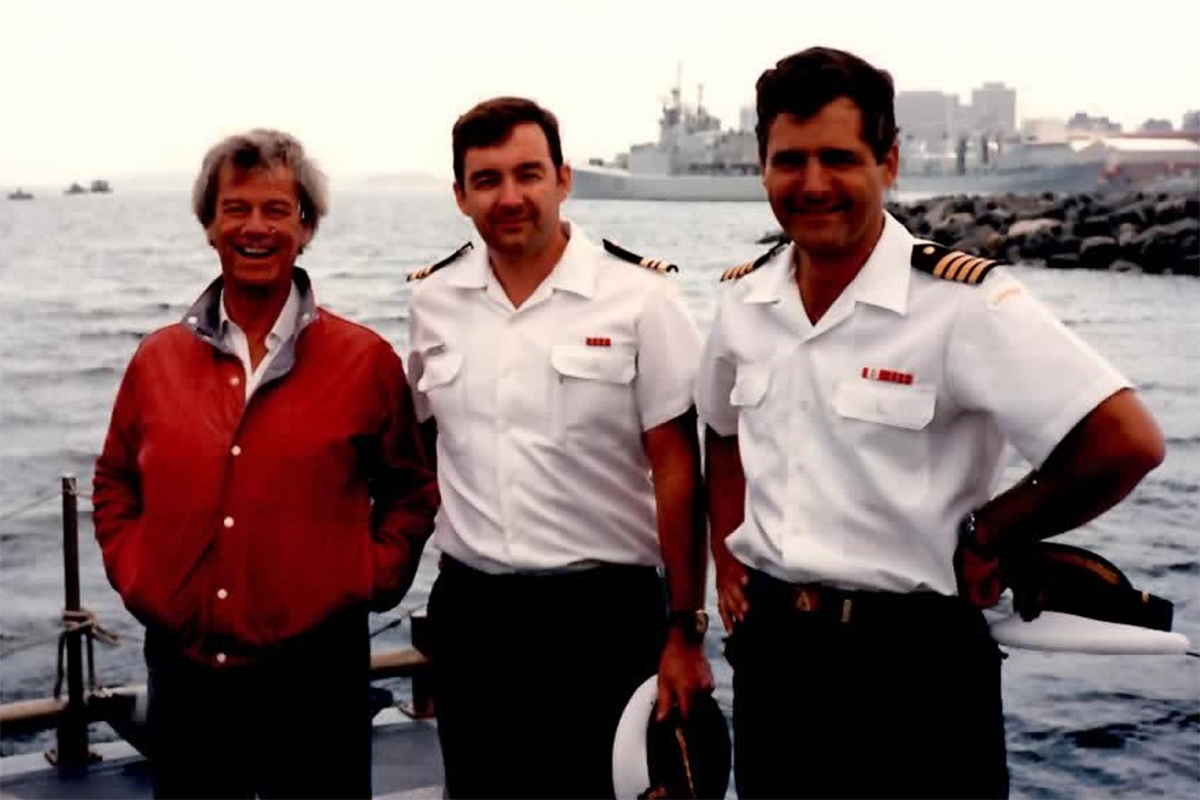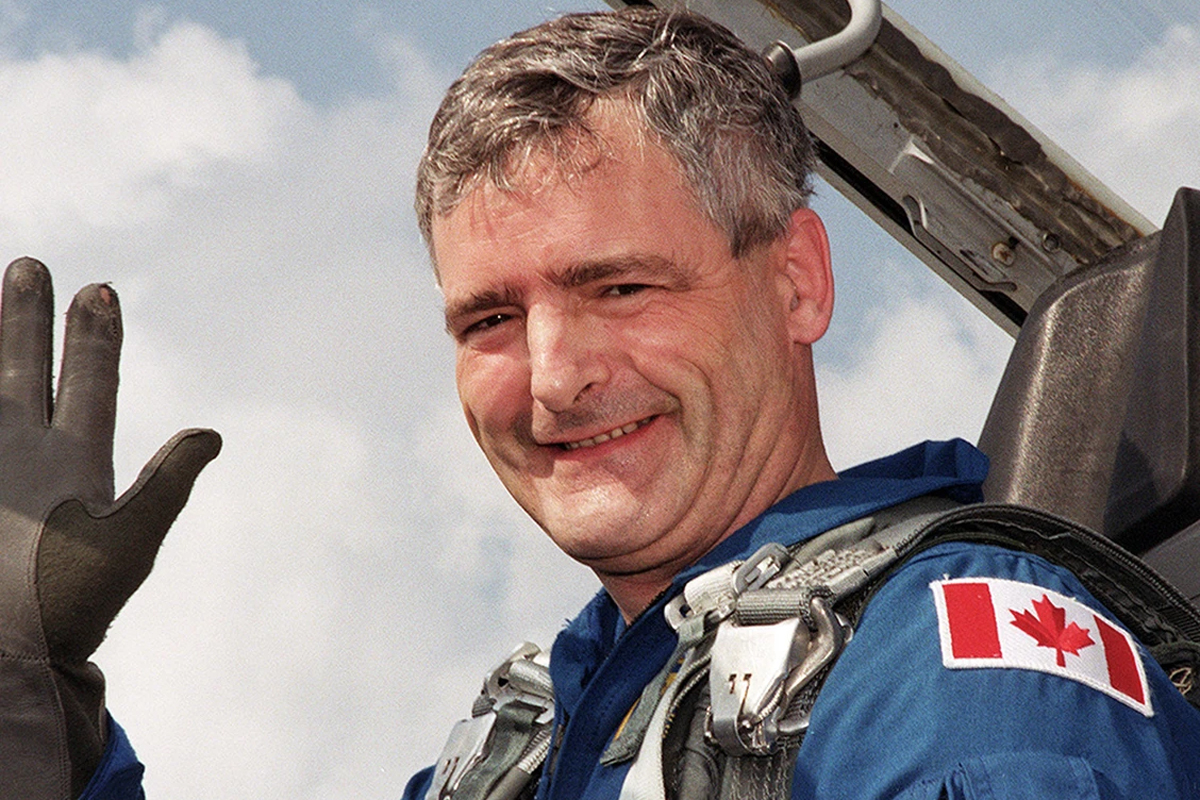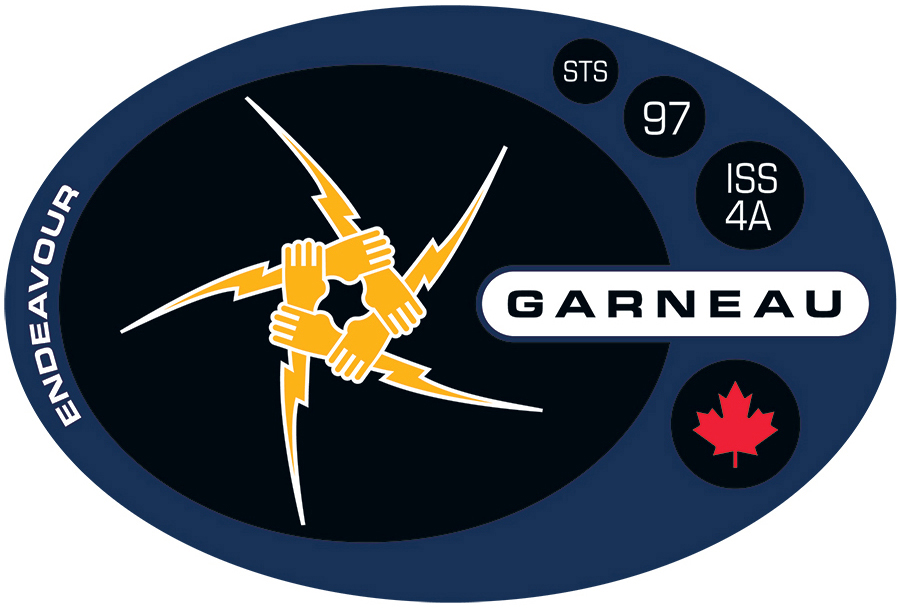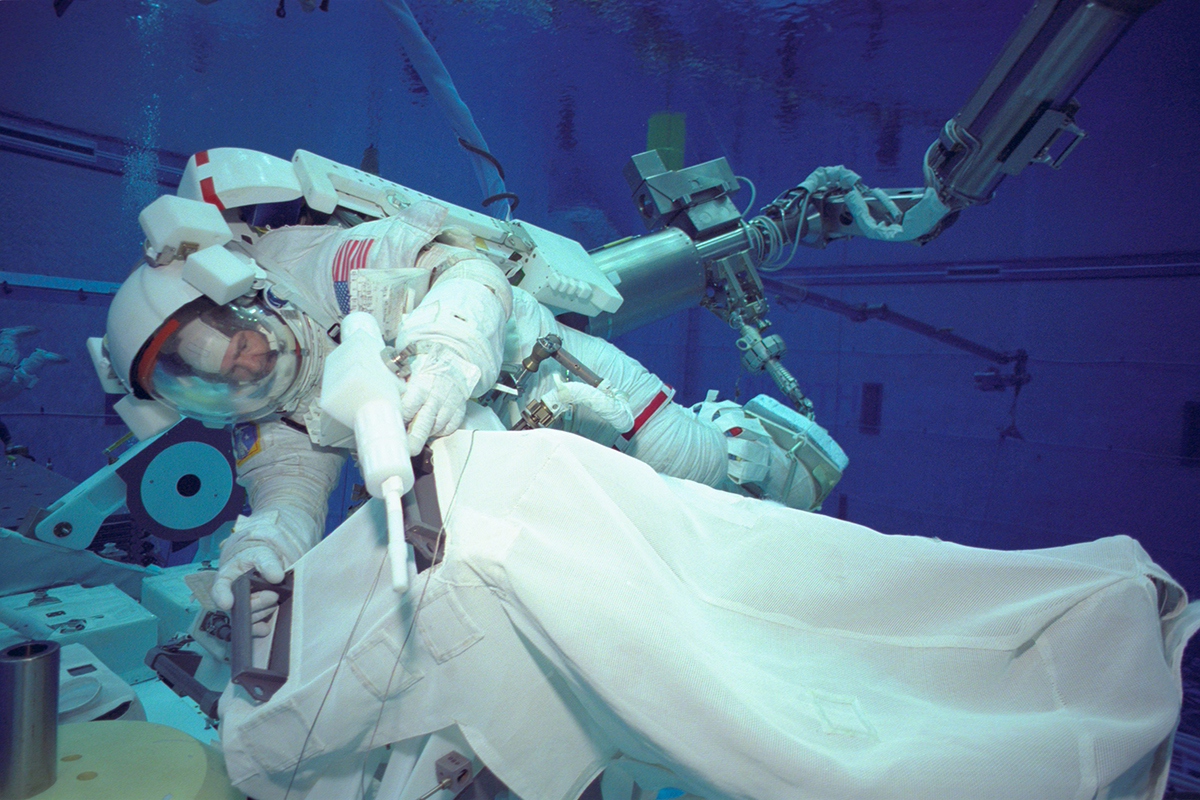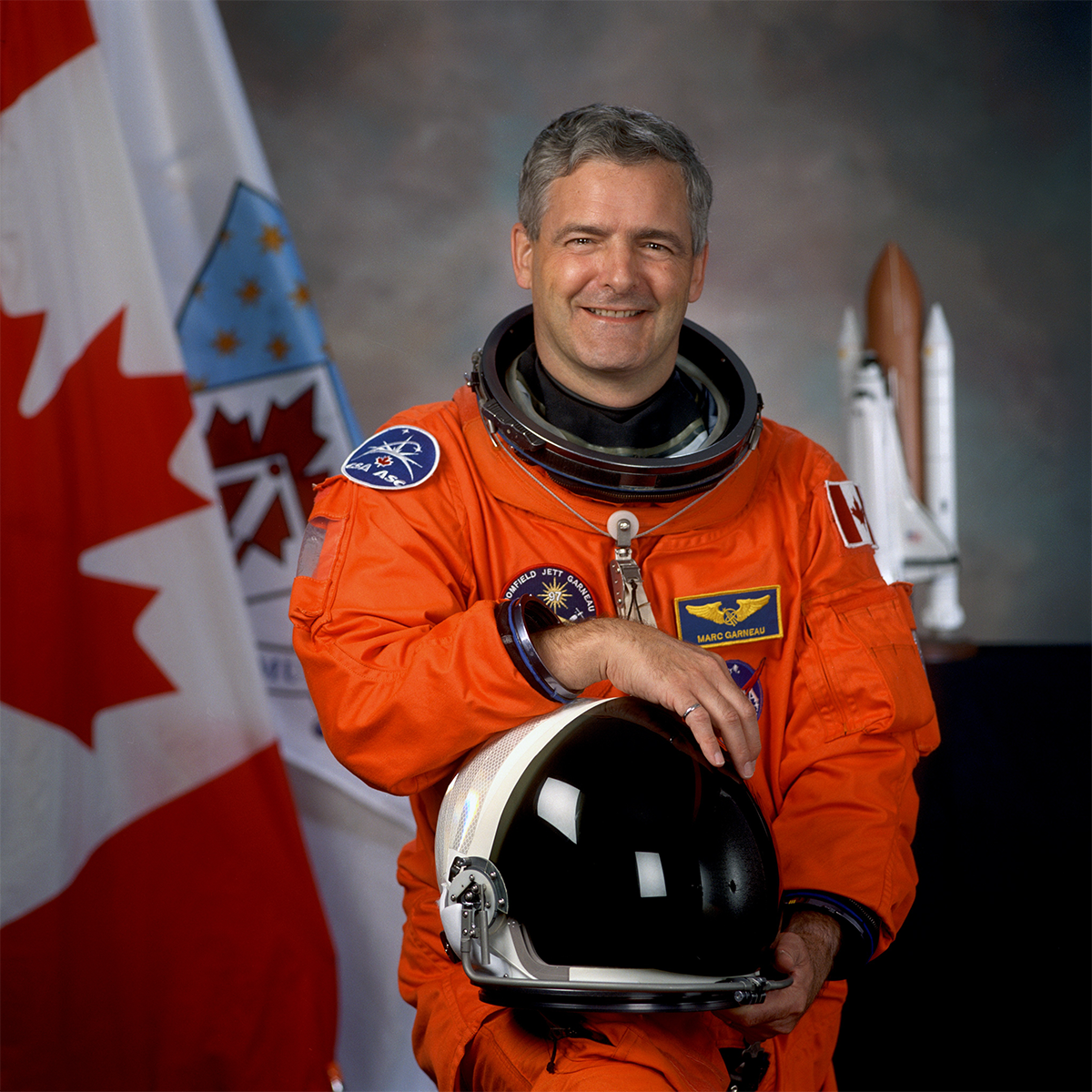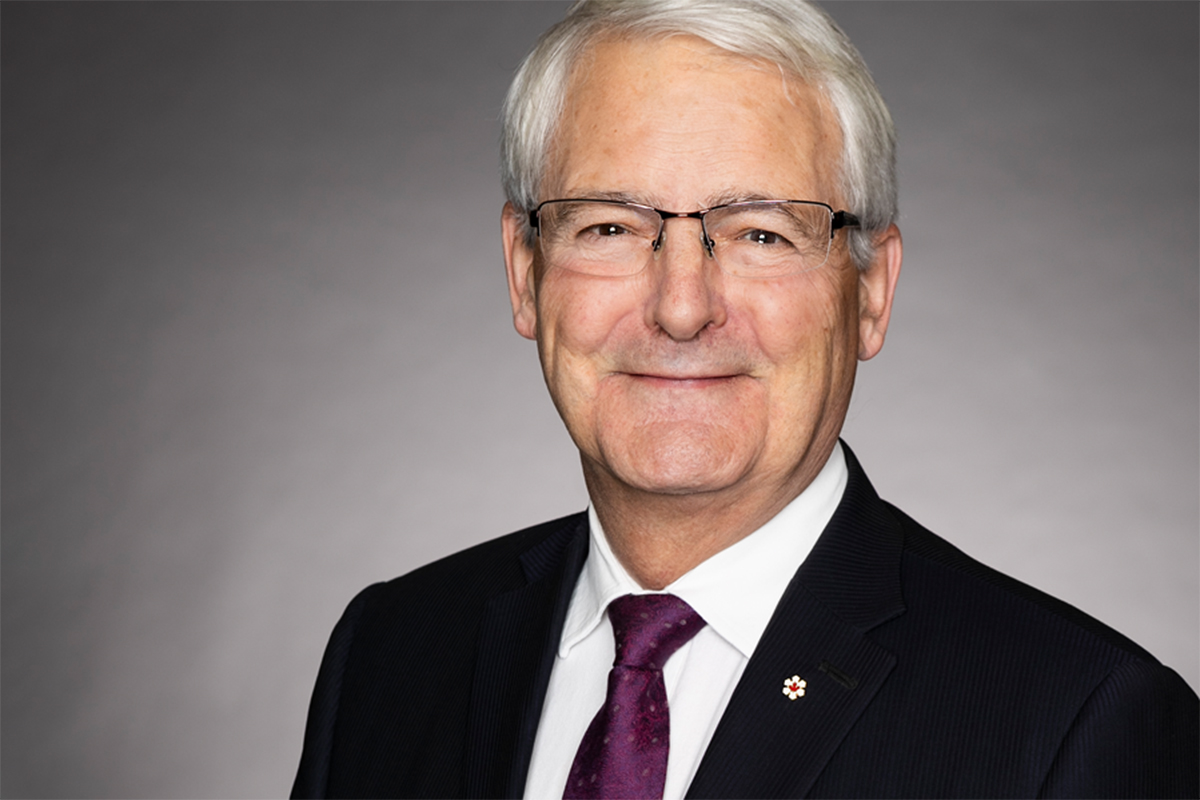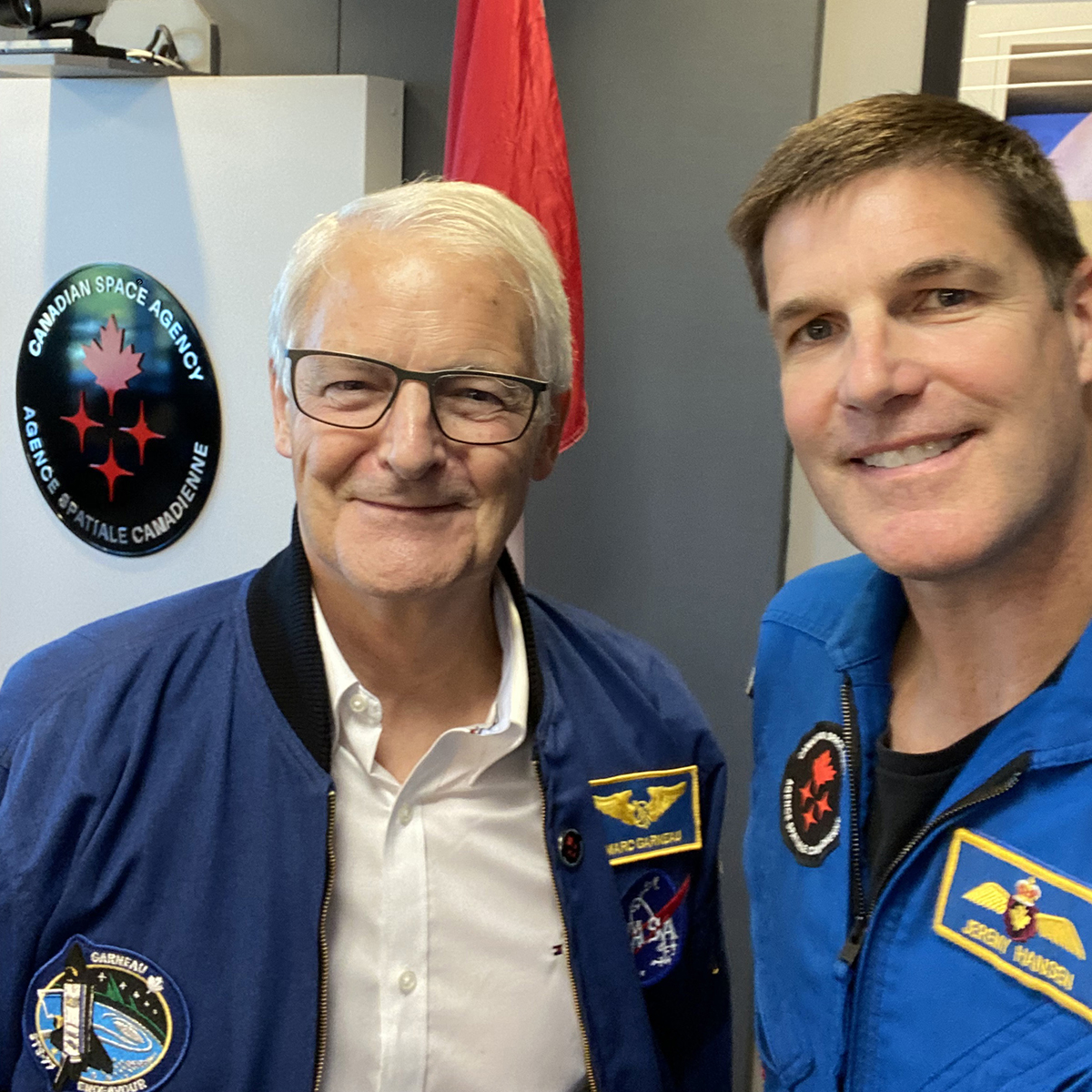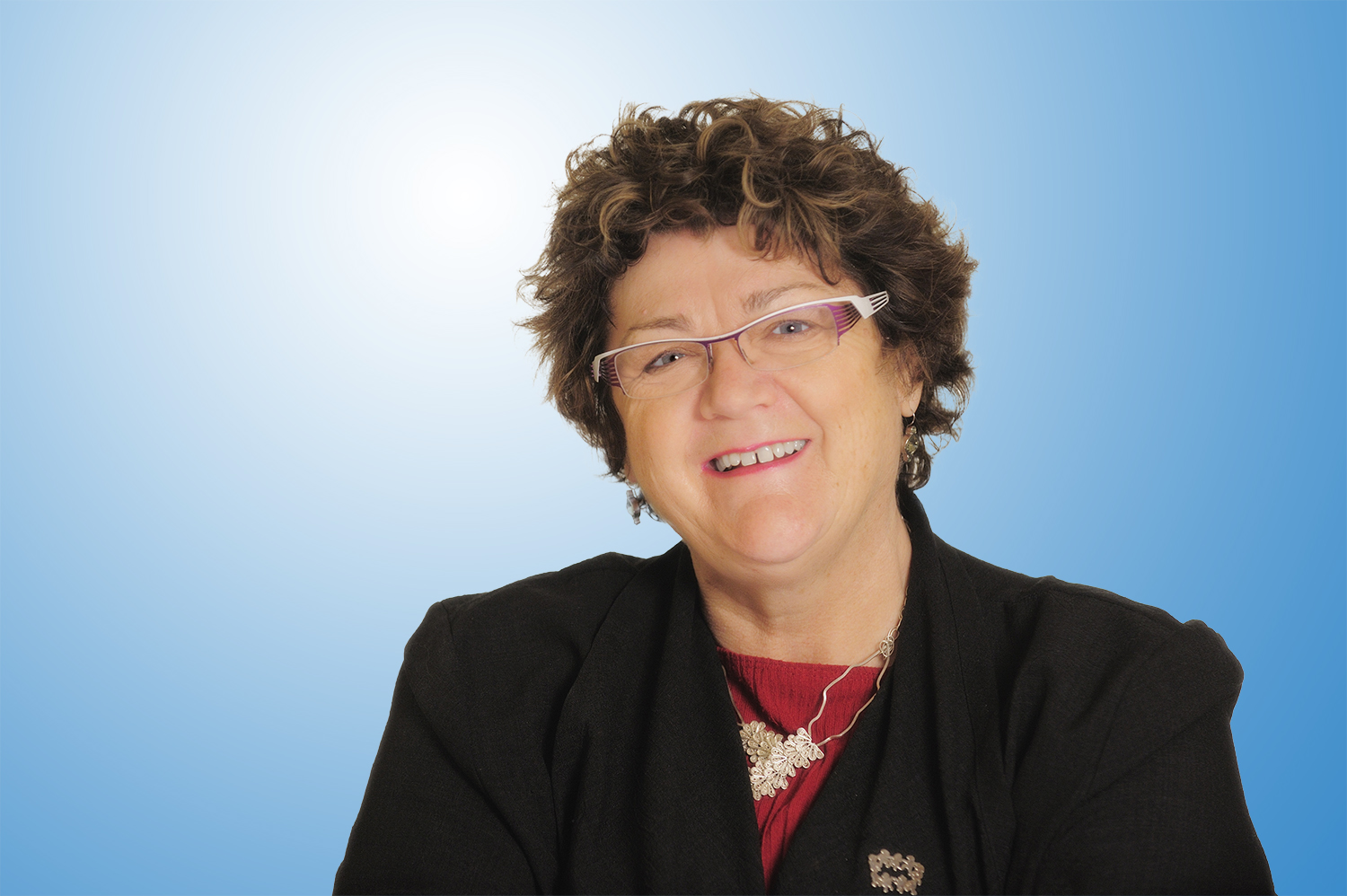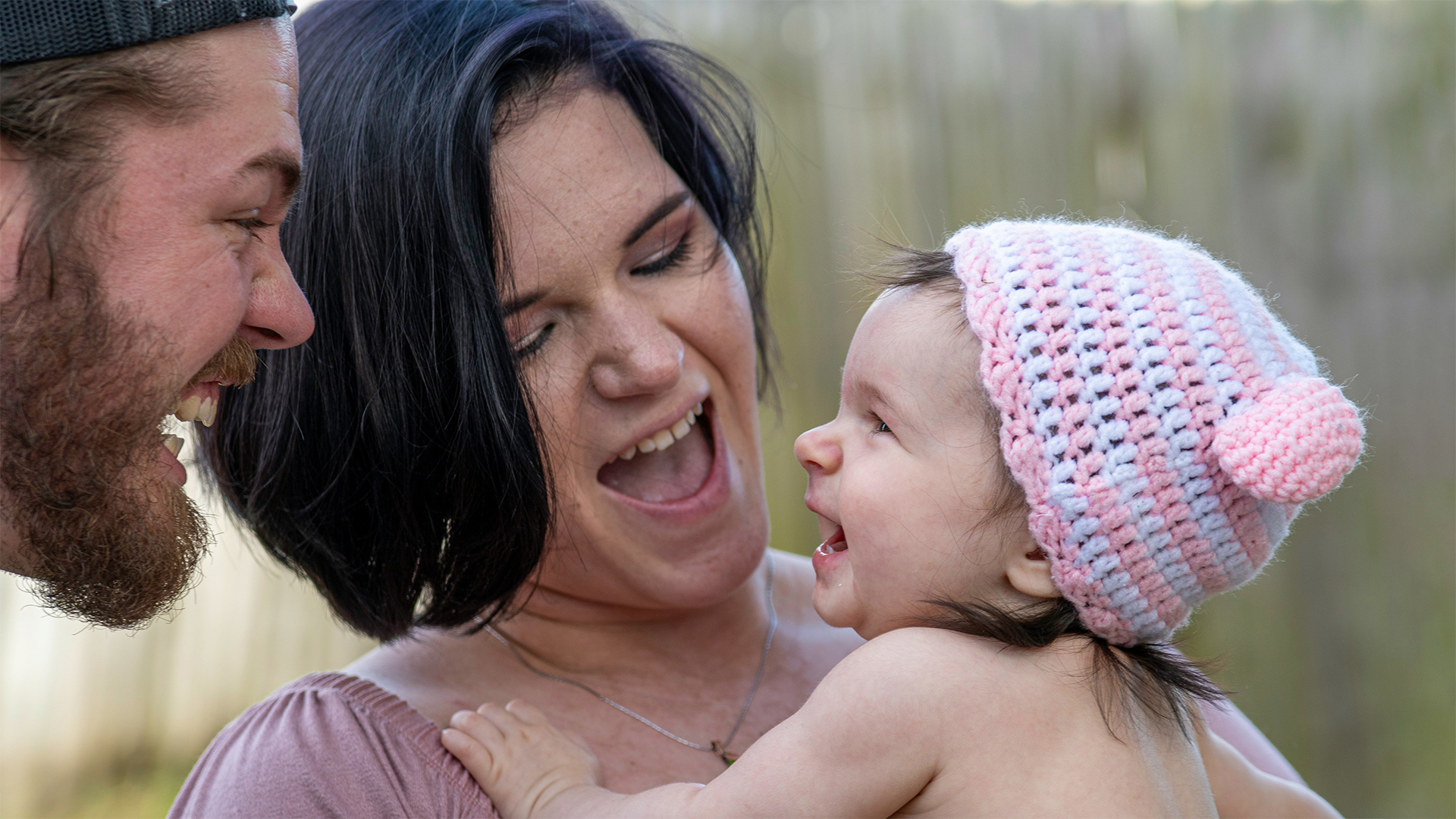Interview by VAN HANSEN
Diana Panton’s artistic journey has taken her from classrooms to concert halls and back again. She is an internationally acclaimed jazz vocalist, as well as a French Immersion Arts teacher at Hamilton’s Westdale Secondary School.
Panton has charted in the Billboard Top Ten, and has earned many accolades ranging from (3) Silver Disc Awards in Japan, to her (2) JUNO wins closer to home.
In 2018 she was inducted to the Westdale Wall of Distinction—an honour she has in common with other notable alumni including Eugene Levy, Martin Short, and renowned blues musician Harrison Kennedy.

Van Hansen: How is standing up in front of your class different for you from being on stage in front of a live audience, and where do those experiences mirror each other?
Diana Panton: They are quite different actually. In the classroom, learning is the focus and this by extension means the students are the key.
When I am on stage the music is the focus, thus the interaction between the musicians is the key. Of course the audience plays a part, but not to the same extent.
Van Hansen: What sparked your jazz journey?
Diana Panton: I first discovered Ella (Fitzgerald) on an album in my dad's record collection. After I had exhausted his LP stash, I would go to the local libraries and take out the maximum number of CD and cassettes each week.
I was doing a lot of listening—not with the intention of singing, but I loved the freedom, authenticity and quality of the music. And even though I outgrew my dad's jazz collection, I will always associate this music with him.
Van Hansen: When did music become personal to you, not just something that you enjoyed but something that felt like it is part of who you are?

Diana Panton: The act of singing has always been ultra personal to me. From a very young age, I would sing to myself, making up songs as I went along. I found music soothing and a catharsis. It was not really for entertainment and I rarely sang for others.
The challenge for me was to share my music with an audience. I was very fortunate to have a local community youth ensemble practicing at my school (Westdale) where I could go and listen to them every week. Through this exposure, I eventually worked up the nerve to try out and after a few kicks at the can, I was accepted. Working with the Hamilton All-Star Jazz Band provided experience playing with others and for others.
Van Hansen: Is there someone that was instrumental in mentoring you as you developed your exceptional vocal talent, and what did that guidance mean to you?
Diana Panton: Initially, it was my classical singing teacher Joan Heels who encouraged me to try out for the Hamilton All-Star Jazz Band. Although we worked on Royal Conservatory material together, she appreciated my love for jazz.
So the Jazz Band, under the leadership of Russ Weil, was a critical part of my development as a performer. It was during one of my performances with the band that multi-instrumentalist Don Thompson heard me sing and suggested I go to the Banff Centre for the Arts.
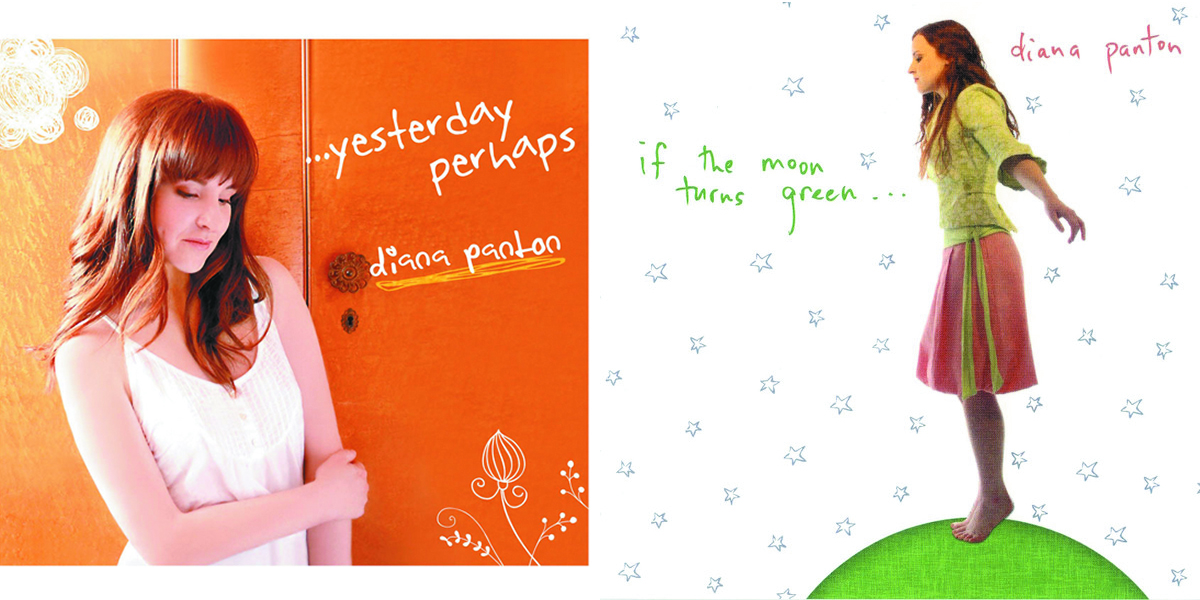
It was there that I had the chance to work with him and he invited me to record with him. Don has always been my greatest supporter—whatever zany ideas I have he always can hear what I have in my mind.
In subsequent years, I returned to the Banff Centre under the tutelage of singer Sheila Jordan. She was very excited about my singing and encouraged me never to stop.
Sadly, Sheila passed away last year, but she continued to perform into her nineties and provided a template of what a career in this genre can look like.
Most recently, singer Meredith d'Ambrosio has been my champion. Musically, she has an introspective style like mine and she is also a visual artist.
Since I live outside the major city centres where jazz normally thrives, I have been so appreciative of the encouraging (and sometimes emphatic) words from my mentors who let me know I am on the right path (including singers Ranee Lee and Norma Winstone with whom I was also fortunate to study).

Van Hansen: What lessons did forming and performing with your jazz trio teach you not just musically but about collaboration, trust, and leadership?
Diana Panton: Especially with jazz, you take a big leap of faith in real time when you are performing live in front of an audience. Your fellow musicians encourage bigger and bigger leaps, but always with a trusting environment where they have your back.
Its not a competition so much as a good conversation, where everyone is listening, responding and feeling at ease, adding their ideas, and building on the ideas of others. No one person should dominate.
Touring on the road not only teaches you how to set clear expectations as a leader, but also how to respect everyone's boundaries, understanding that unexpected challenges are bound to arise. You have to stay flexible and compassionate in the moment.
Ultimately, you want everyone to look back on the experience and say, yes, that is something I look forward to doing again. Each person is respected and encouraged to flourish.
Having said that, I am very fortunate to be working with some of the best musicians in the country. With Don Thompson and Reg Schwager, it is all about collaboration and trust.
We have been working for 20 years together now as a trio. We can speak without talking. These two know how I breathe when I sing.

Van Hansen: As an artist, how has your music evolved from your first recording sessions?
Diana Panton: To date, my discography covers a 20-year span. Fortunately I can look back on each record and feel it was an authentic representation of my vision. Since I was my own producer and I was working with the full support of the musicians, I never felt pressured to compromise on my artistic values. I am so grateful for that.
Of course, my voice has mellowed over the years and each album has its own thematic story to tell, but as time went on, I started to hear the songs more as part of an overall narrative in which the song order became critical to the overall feel of the record.
I would like to think there is almost a cinematic aspect to some of my later albums that wasn't there at the very beginning.

Van Hansen: What influence did studying for your Master of Arts in French Literature and writing your thesis Jazz Aesthetics in the French Caribbean Novel have on your practice as an educator, and as a musician?
Diana Panton: My thesis was a melding of my love of literature and jazz music. It was interesting to note how French Caribbean writers used jazz music to stylistically influence their writing in terms of multiple perspectives, signifying, call and response and improvisation.
My research made me a more informed, responsible and grateful learner, educator and musician.
One of the tenets of jazz is to acknowledge those who have come before and to know the roots of the music. As well as the importance of developing your own voice (alongside discovering who you are as person), you should equally appreciate that you stand on the shoulders of giants.
Van Hansen: My readers will want to know; do you prefer dogs or cats?
Diana Panton: I have always had cats and I love cats!
Van Hansen: Your return to Westdale feels like a synergistic full circle story. What does it mean to you?
Diana Panton: I was very proud to be a student at Westdale and I am very proud to be a teacher here.
It is a fantastic school with great scholastic and extra-curricular programming. As a student, I took part in the music, drama, art, French and phys ed programs at the school and I am so happy to see these are all still flourishing years later.
When I first came back to teach at the school, I believe I was the first student to return as a teacher. Now there are many Westdale alumni on staff—many of whom I taught in one capacity or another.
I think this speaks volumes that we enjoyed our time at Westdale as students so much that we wanted to come back and pay it forward as teachers here.
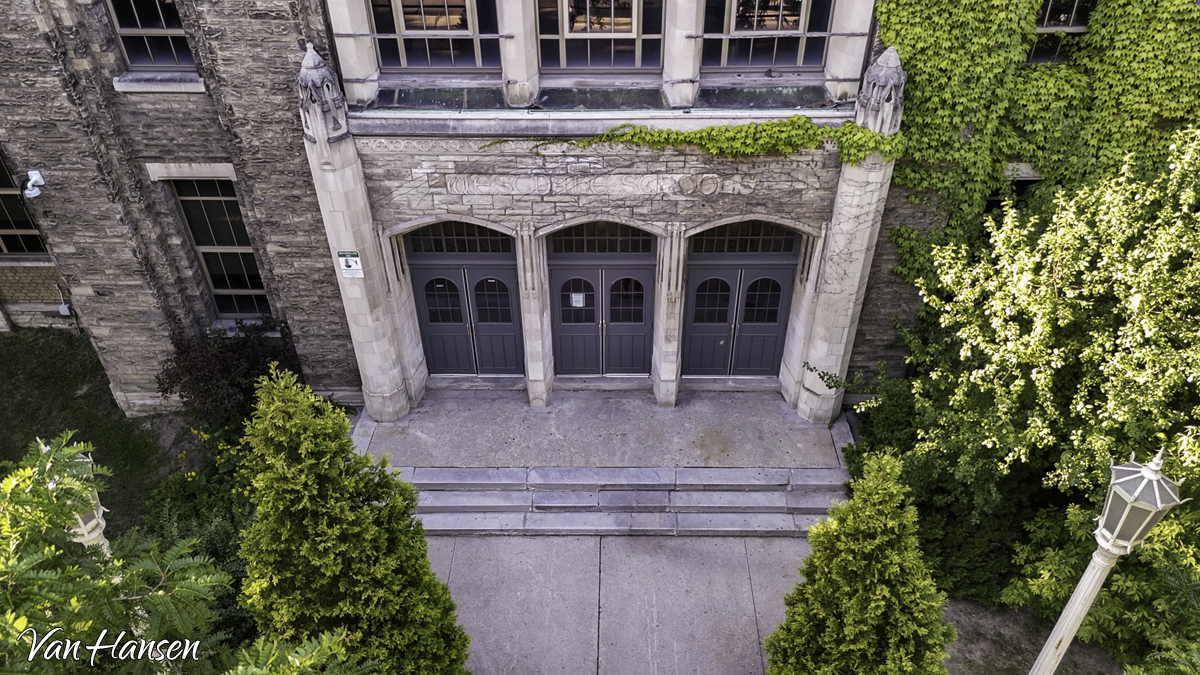
-Interview edited for length and clarity-
Credits:
Top of page photo by Melanie Gillis
A Cheerful Little Earful illustration by Jacqui Lee
Westdale photos by Van Hansen
All other photos by Jose Crespo
Video by Leading Pictures
Never Miss a Story… Sign up Now for Your Free Newsletter Subscription:


